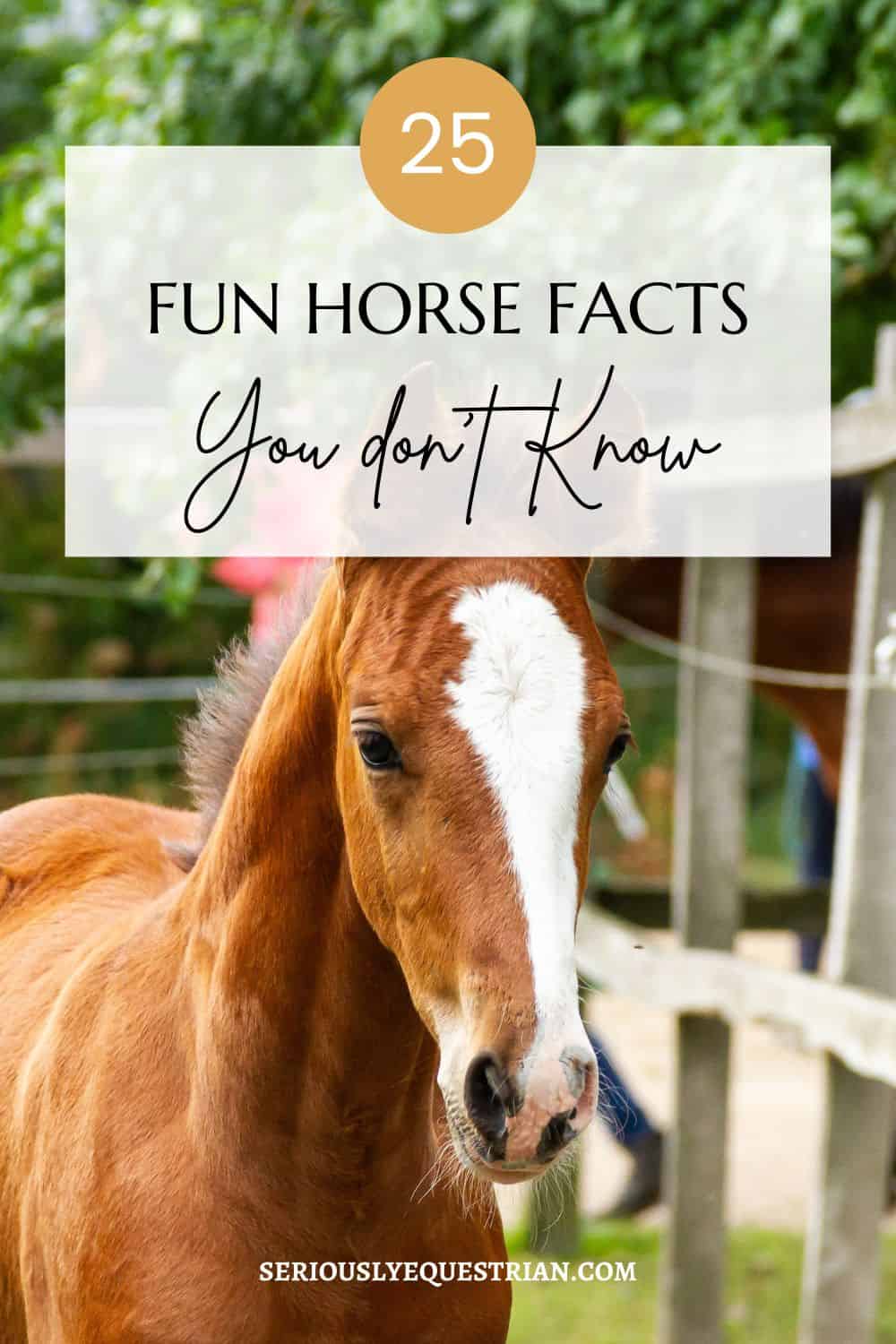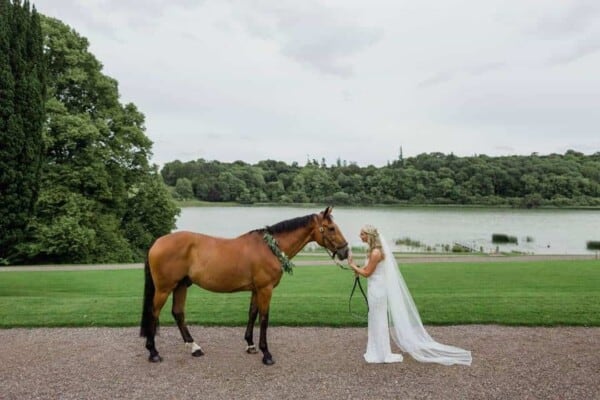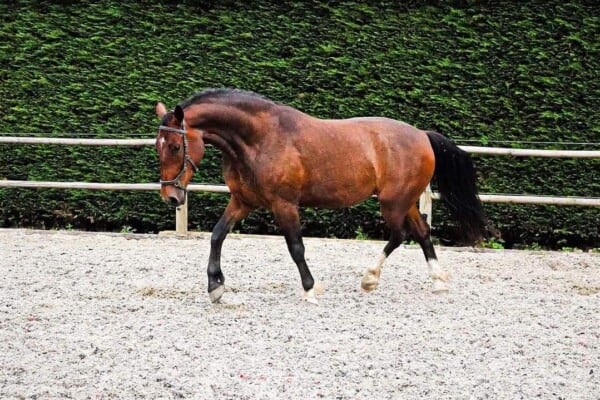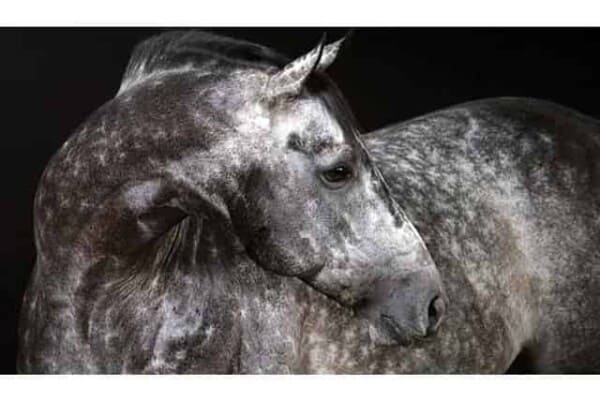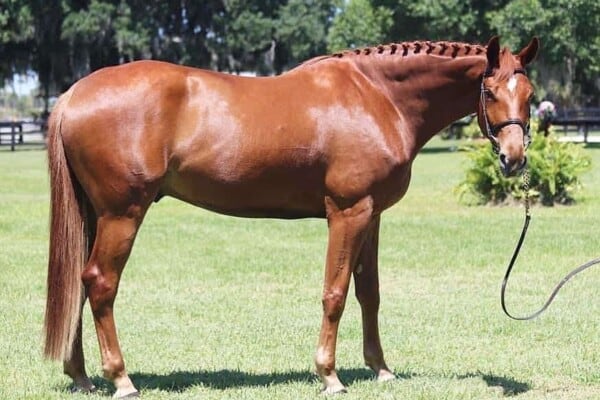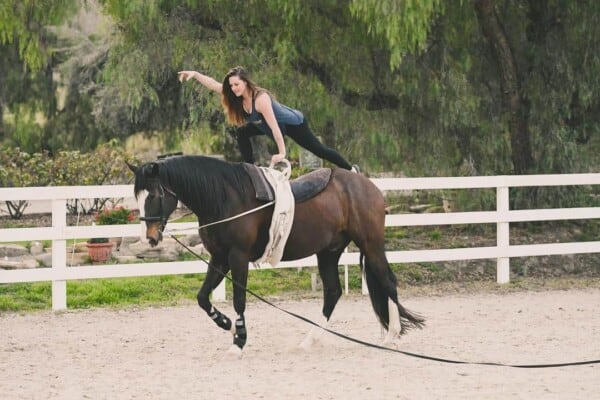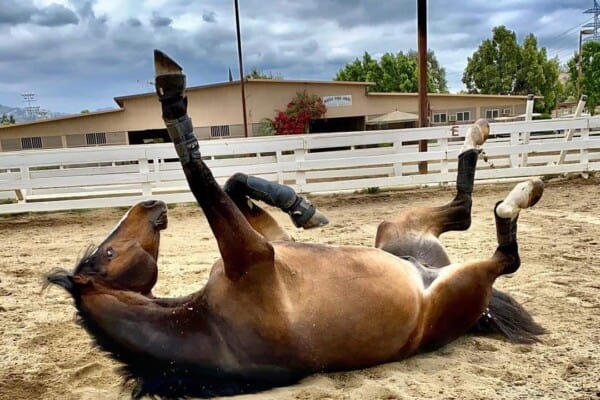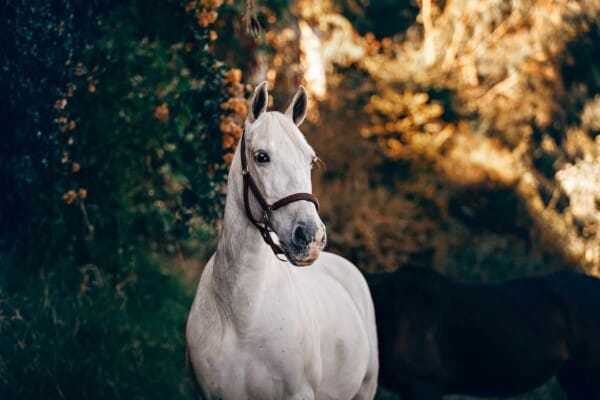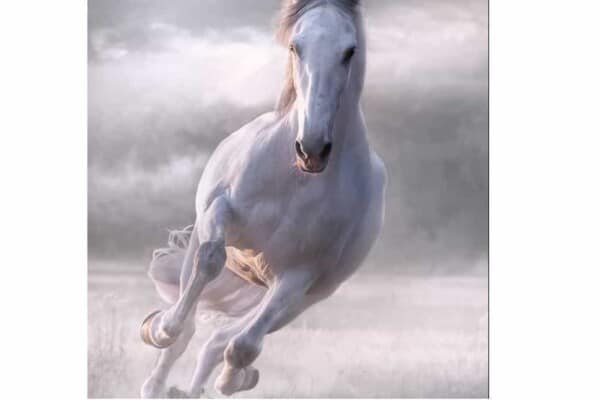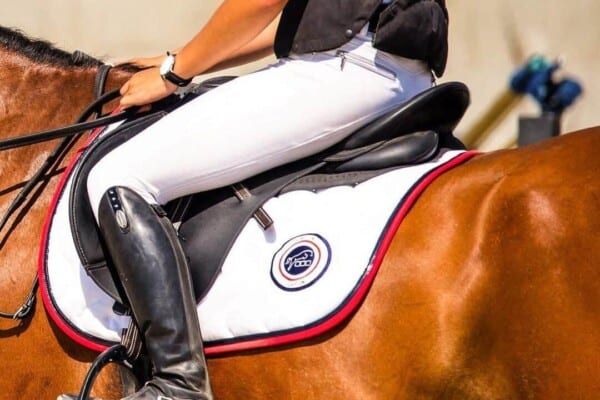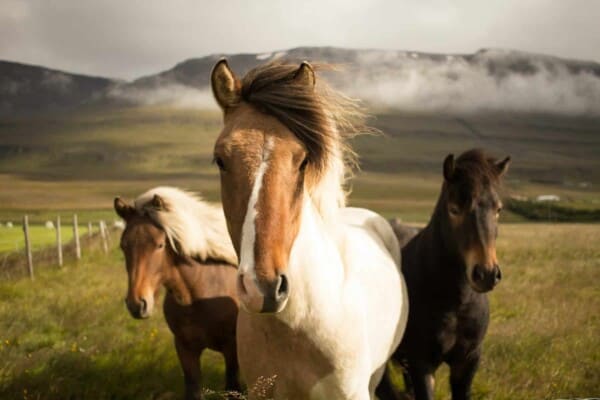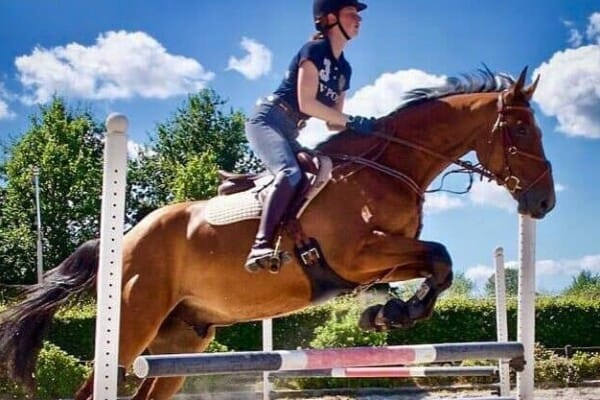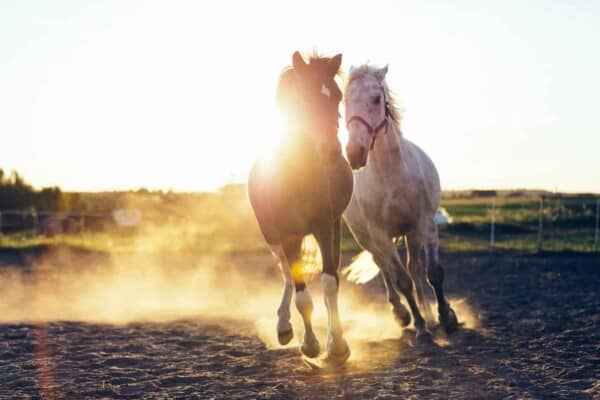Despite the fact that they’ve been around us since the beginning of time itself, many people consider horses to be a lot less important to humanity than dogs for example.
As such, we consider dogs to be man’s best friend, while horses are just an age-old commodity that we’ve had over the years.
The truth of the matter though is that horses have been around for a very long time now, and they’ve been around us through thick and thin, supporting us and helping to create the society we know of today.
In spite of all of that though, there are plenty of facts most of us don’t know about our horses, to the point where it is actually quite funny to think that we’ve delt with horses all of our lives and yet we still don’t know these magnificent creatures.
So, for today we decided to bring you a list of the 25 best fun facts that we could think of about horses that are sure to make you take a second glance over at your four-legged friend the next time you go for a ride.
So, without further ado, let’s just hop right into our first fun fact of the day, aka:
25. Horses Sleep Standing Up
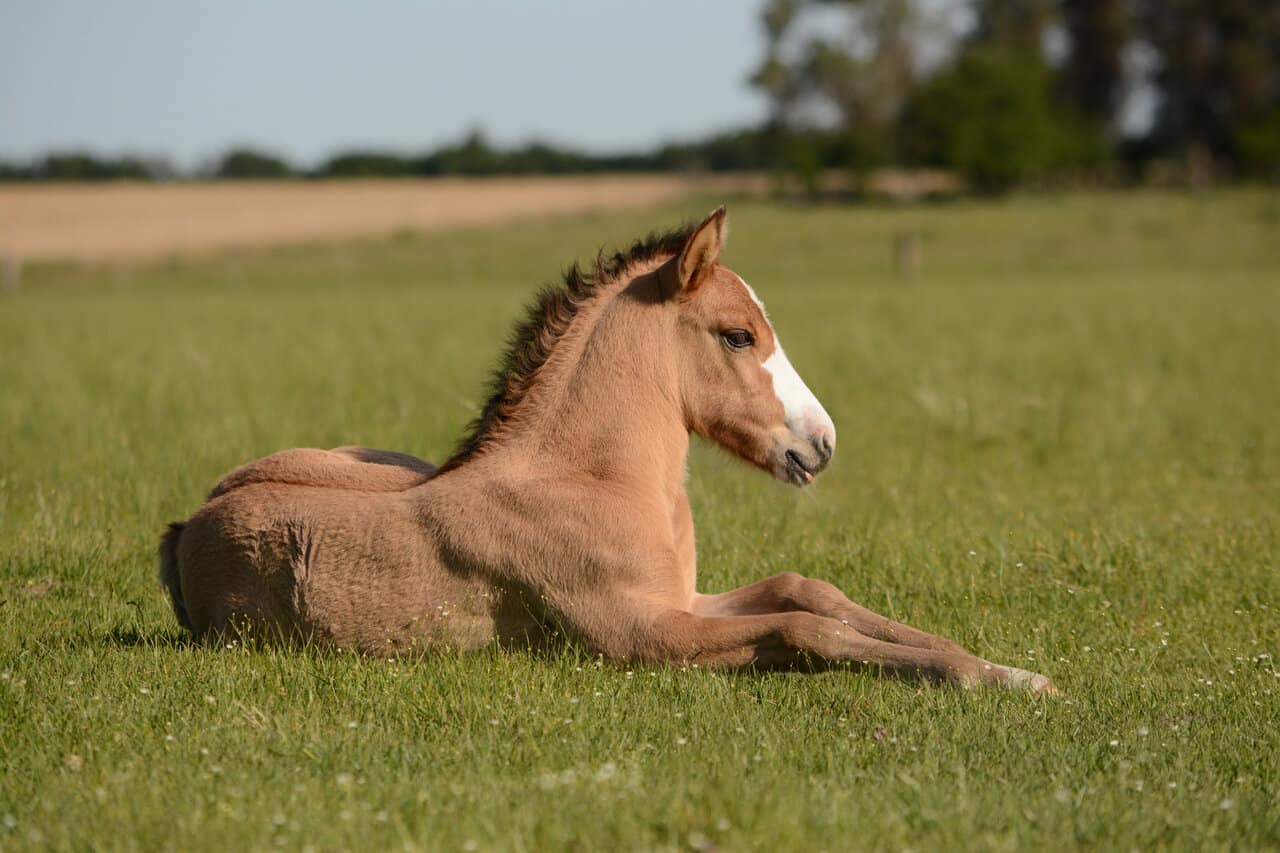
Starting us off we have one of the more commonly known fun facts about horses, one that most horse owners know of by now. Even so, for any of the uninitiated this may seem very strange and peculiar to say the least.
But it is true, as horses have a very strange tendency to stand up and just skedaddle their buns to the dream land. They can easily get 30 minutes of sleep like this without you even noticing.
Sadly, this isn’t meant to be cute to them, it is a sign that they’re tired and they are afraid of laying down because of potential predators, so they instead get quick snoozes standing up.
24. Equine Have the Largest Eyes Amongst Land Mammals
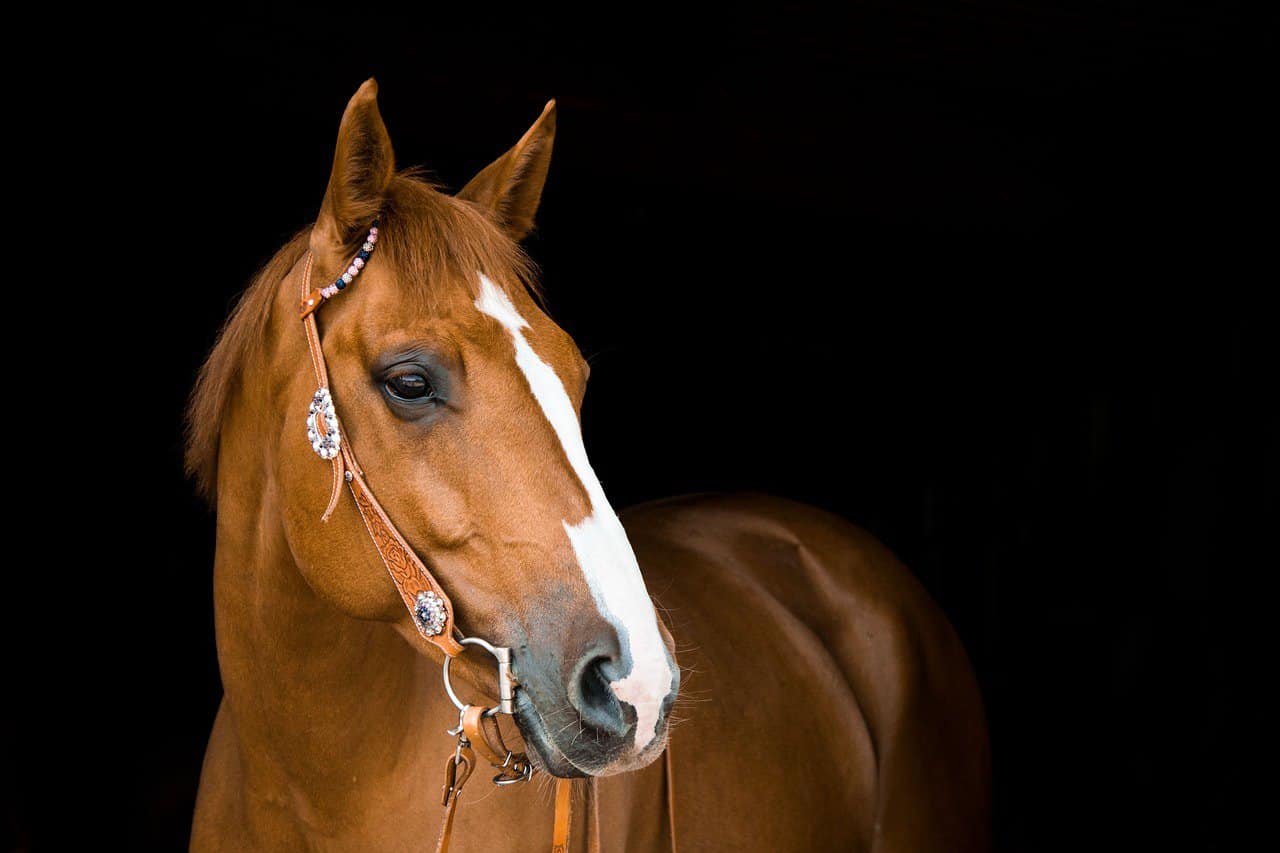
Believe it or not, but despite not being the largest mammals on land, horses do have bigger eyes than any of them.
On top of that, they also have a third eyelid inside of their eye which closes diagonally. This is because they run around very fast, so the third eyelid is meant to protect them against wind, dust and anything else that could impede their eyesight.
23. Males Have 40 Teeth While Females Have 36
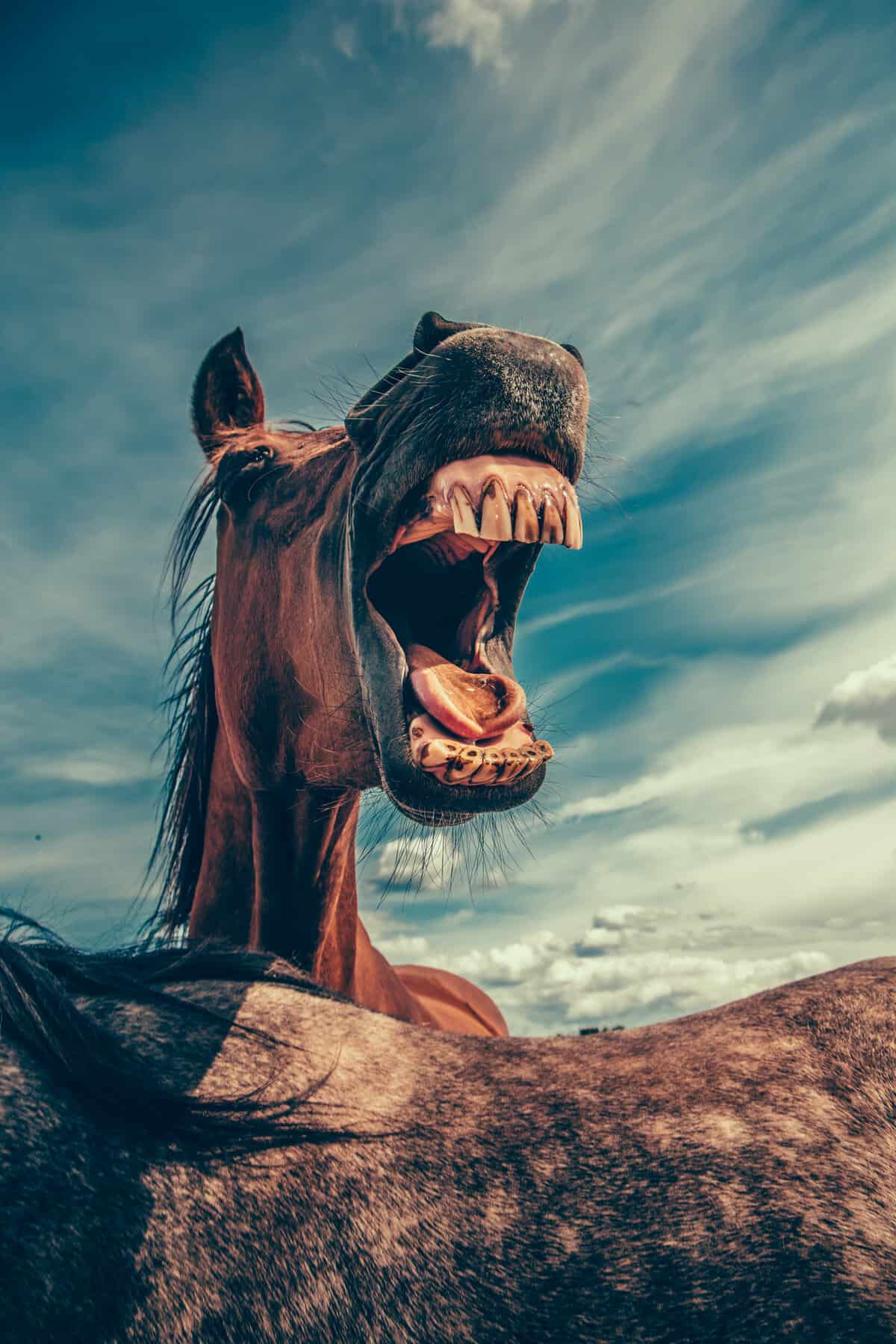
This is why it is said that if a horse dislikes you, you need to stay as far away as possible from their mouths. Interestingly enough, their teeth take up more space than their brains too.
They will usually reach adulthood when they get to be five years old, although they can also have more or less teeth depending on their upbringing and their genetical dispositions of course.
22. Horses Can’t Breathe Through Their Mouths
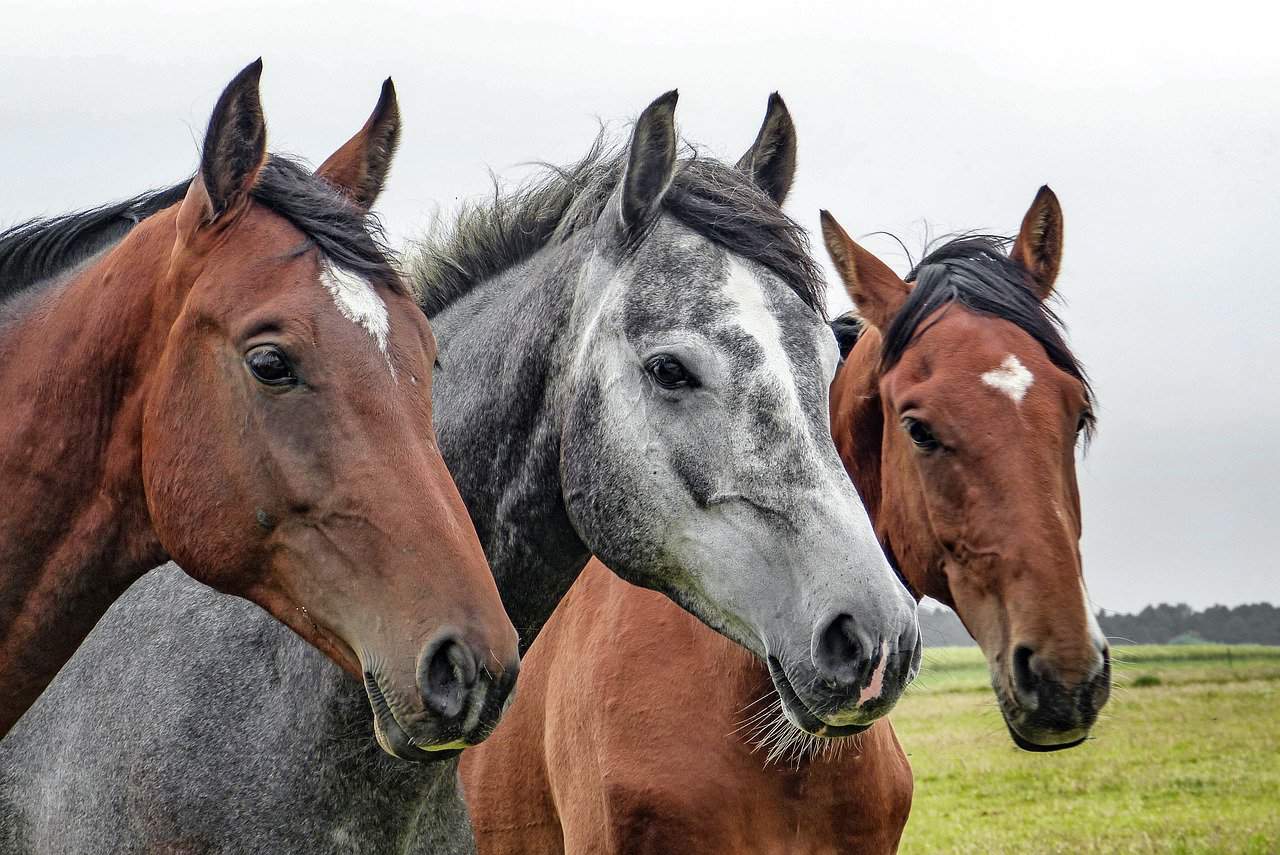
This is why, if your horses have their noses clogged you will need to see a doctor because they can easily end up asphyxiated if you’re not careful.
At the same time, this does mean that the horses are considered to be a part of the “obligate nose breathers” category, which essentially refers to the fact that they can only breathe through their noses, and their mouths have other uses.
21. Horses Are Incapable of Vomiting or Burping
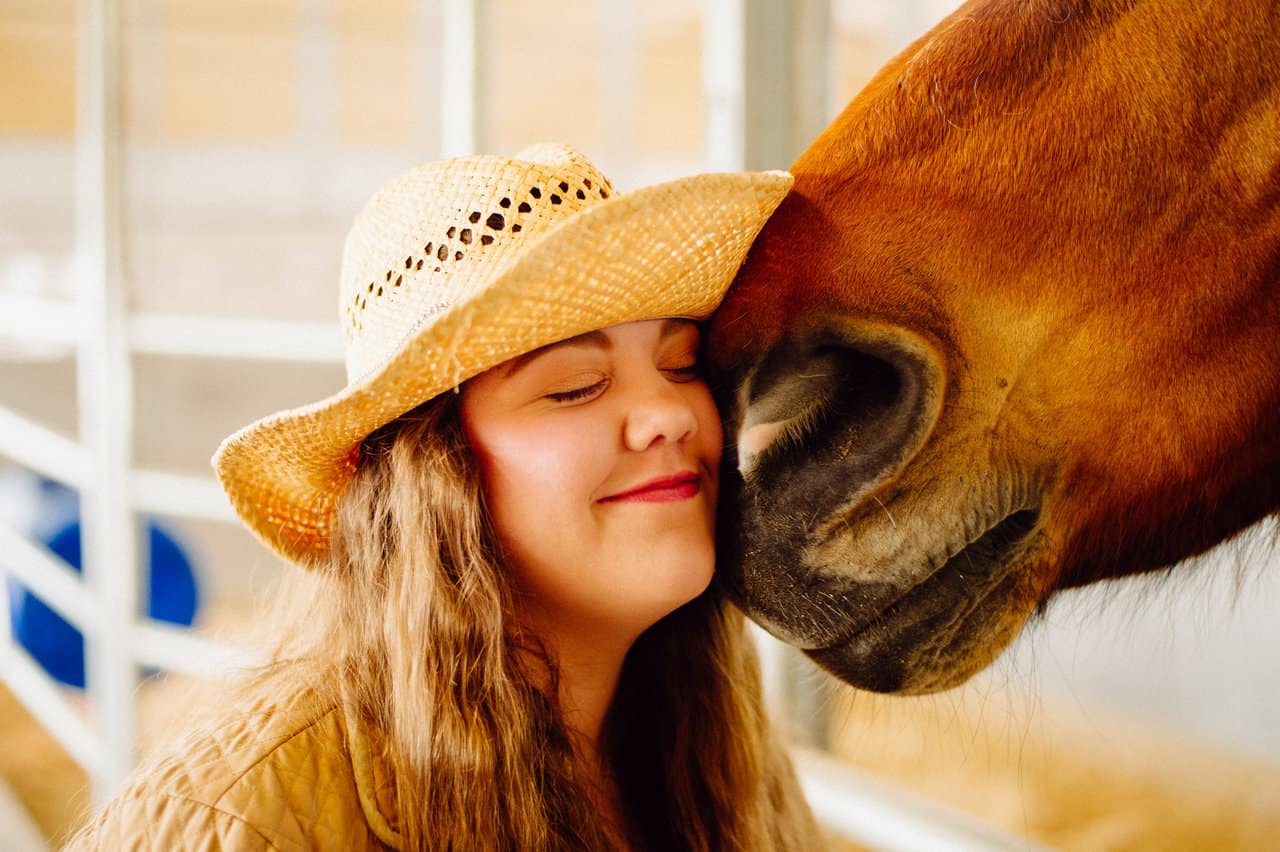
This is interesting since most other vertebrate animals can easily vomit in case they consumed something bad, but horses have pretty much gotten rid of this ability due to their strong muscle ring.
This muscle ring is known as the cardiac sphincter, and it ensures that no food can make its way back up. Coupled with the fact that they have very strong stomachs, you can instantly tell why they never feel like vomiting or even burping for that matter.
20. Horses Have Lightning-Fast Reflexes
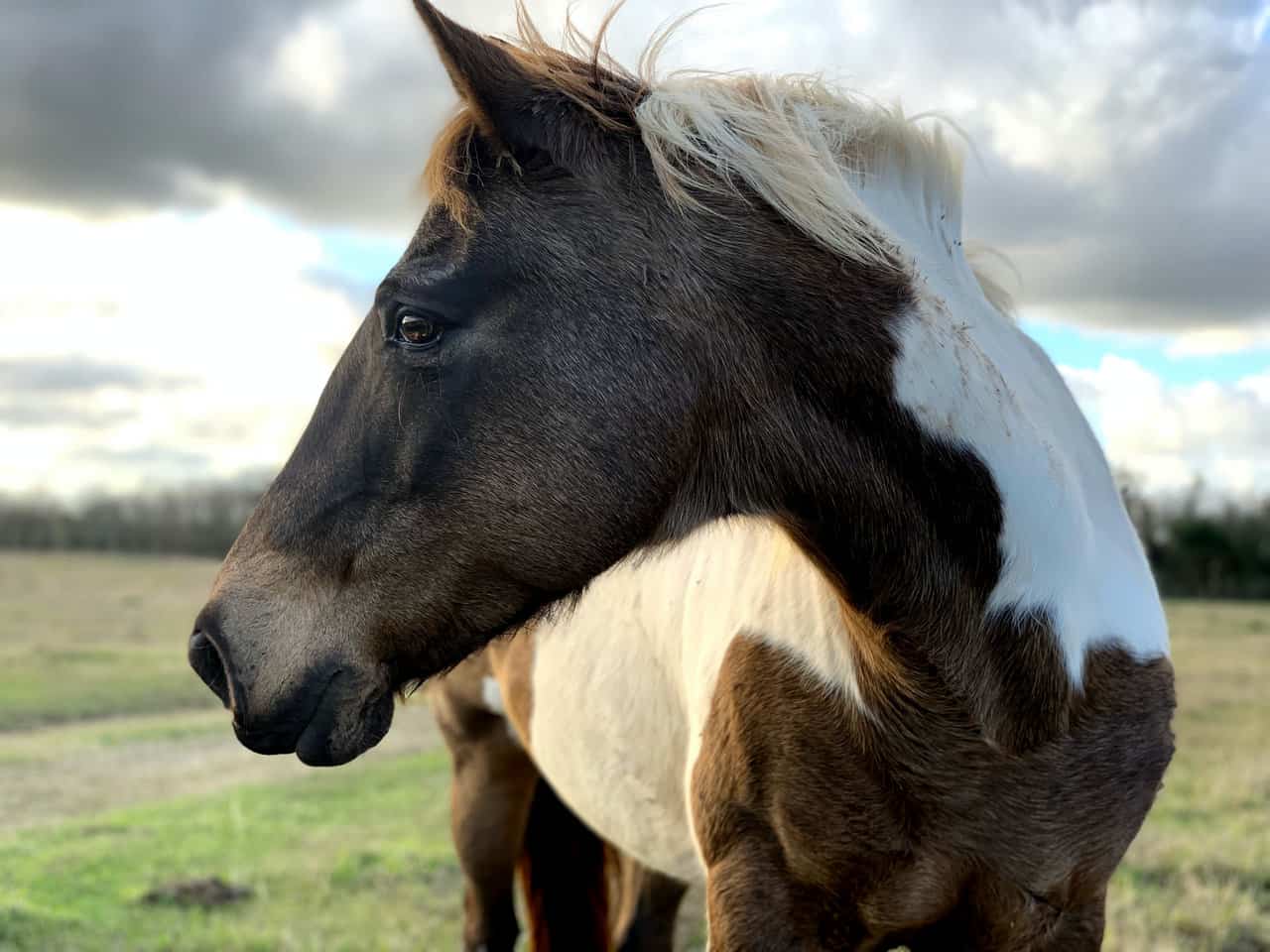
Many people have been warned to stay away from angry horses, and for good reason too. The typical horse can stand still and deliver a kick in just 0.3 seconds after all.
Considering the fact that the standard human reaction time is 1.6 seconds, you definitely won’t even see it coming to say the least.
19. Horses are Herd Animals
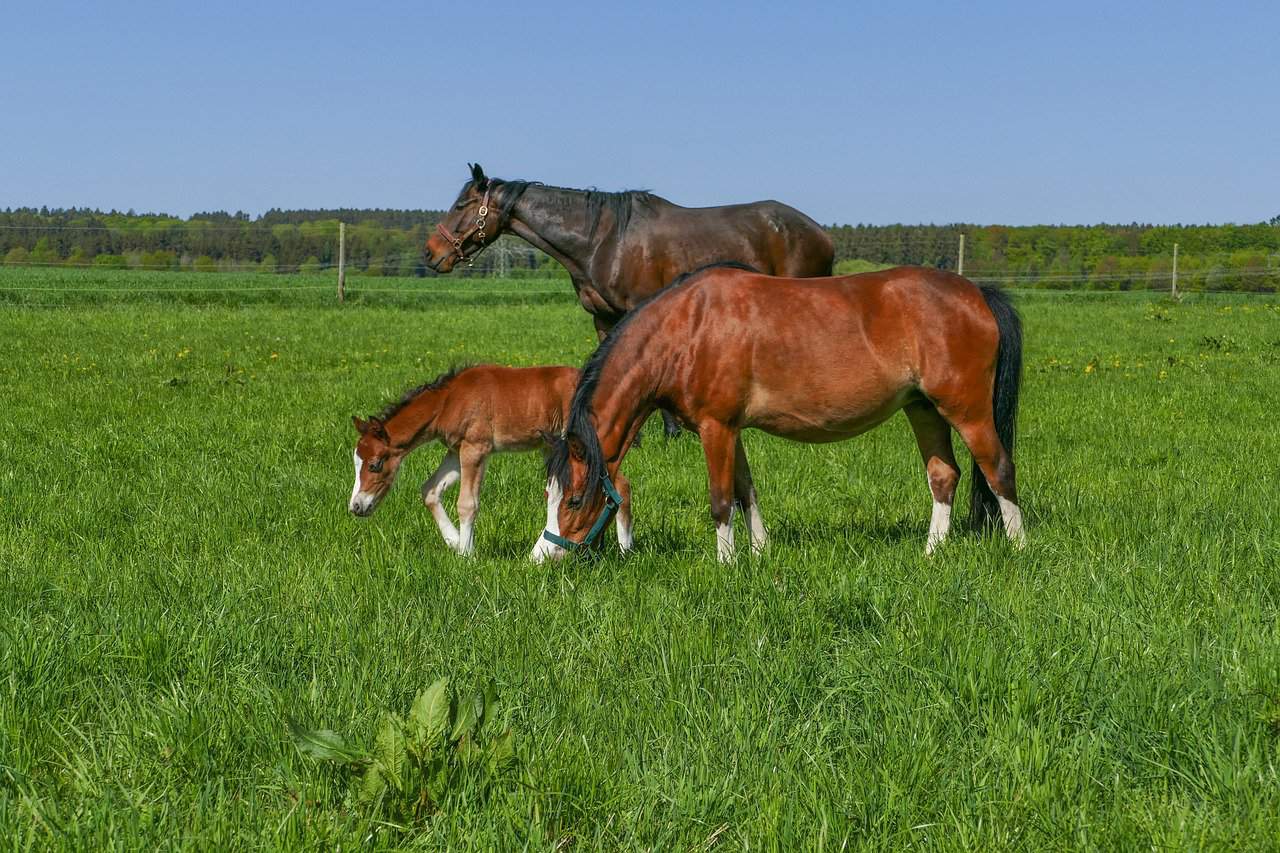
This is a common mistake that many horse owners make, as they believe that they only really need one or two horses around.
But the thing is, they are herd animals, meaning that they need companions to be happy and live a good life. As such, your horse can grow weary and depressed if it doesn’t have any contact with other horses.
18. Horses Produce 10 Gallons of Saliva Every Day
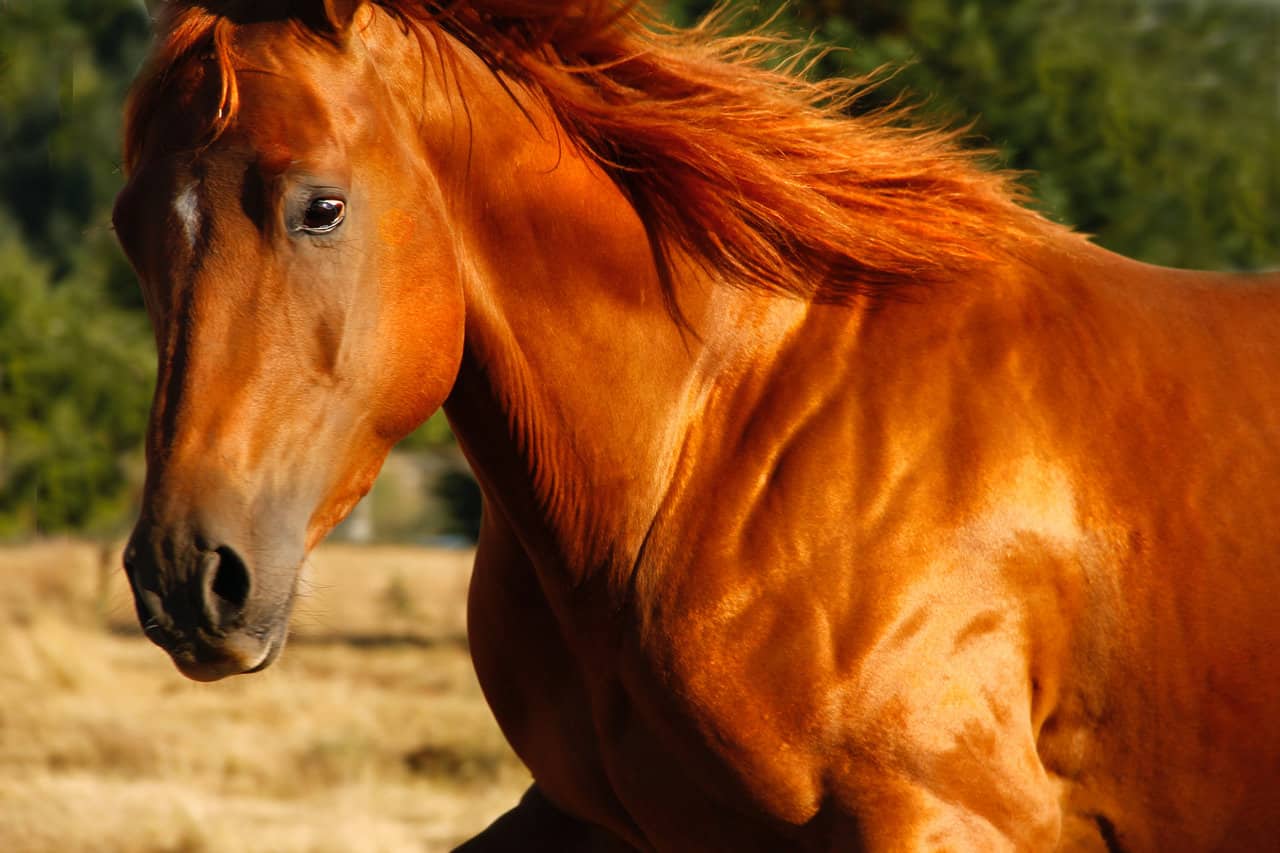
That’s right, you can actually see them slobber all over their food all day long or as they just walk around.
This is just because they want to keep their mouths well hydrated, so they will continuously produce saliva all day long as long as they have enough water to fuel this process up.
17. Horses Were Domesticated More Than 3,000 Years Ago
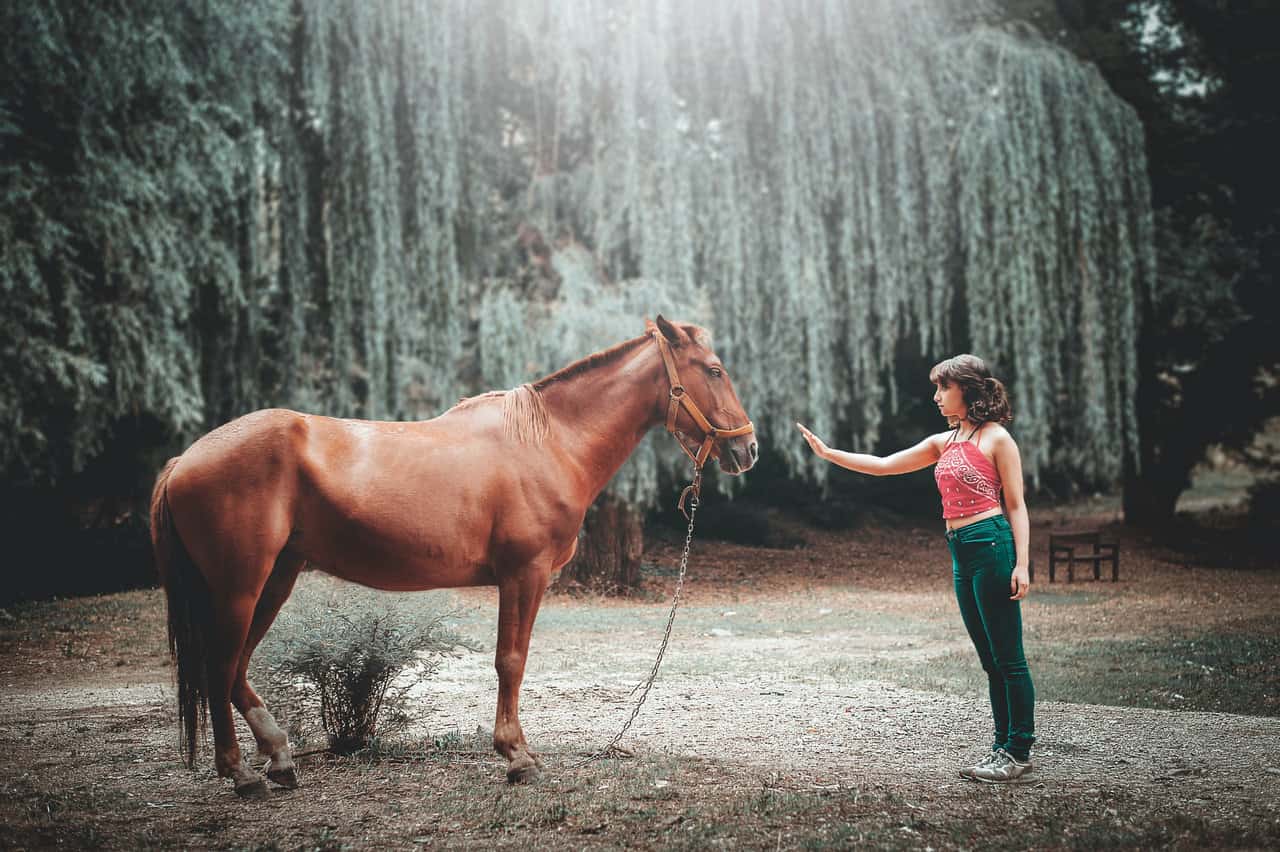
While we know for a fact that dogs were domesticated around 14,000 years ago, and cats had their turn around 8,500 years ago, horses are believed to have been originally domesticated around 6,000 years ago.
There are records that show that horses could have been domesticated over 10,000 years ago, although the official mark up hasn’t been updated since, so for now we’ll just say that it’s at least 3,000 years or so.
16. The Tallest Horse Was 7 Feet and 2 Inches Tall
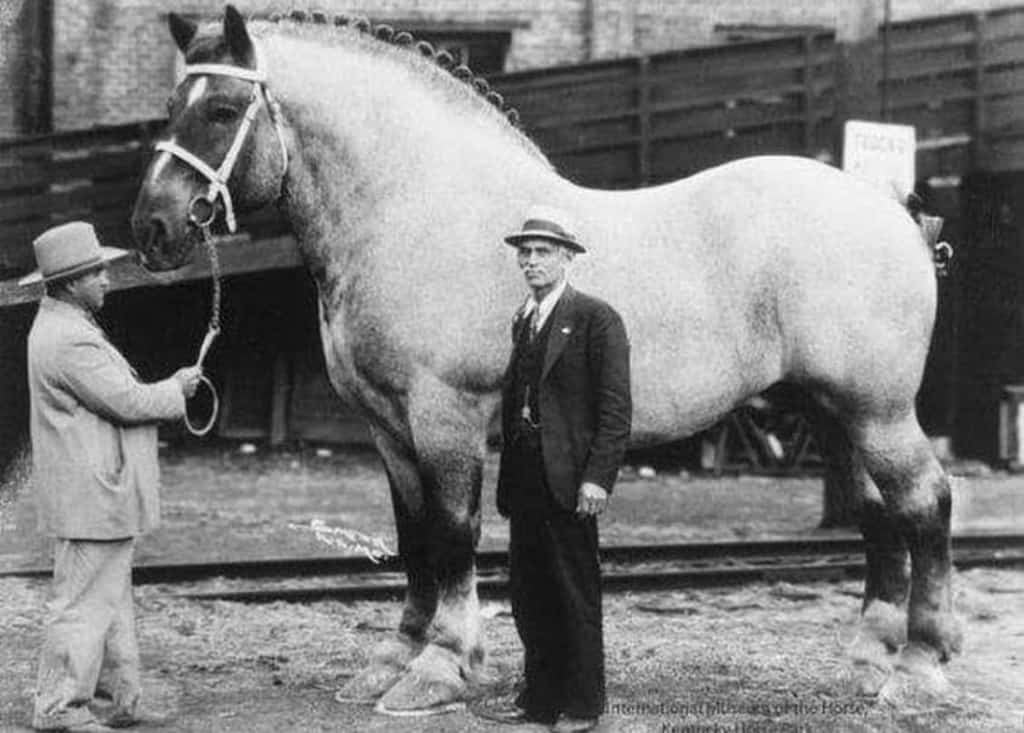
You may think you’re big and strong, but can you even believe the fact that there was once a Shire horse by the name of Sampson that was as tall as 7 feet and 2 inches?
That’s right, that’s a 21.2 hand horse, and he was by far the tallest that was ever recorded. Check out our article with the largest horse breeds.
15. A Horse’s Brain Weighs Half of a Human’s
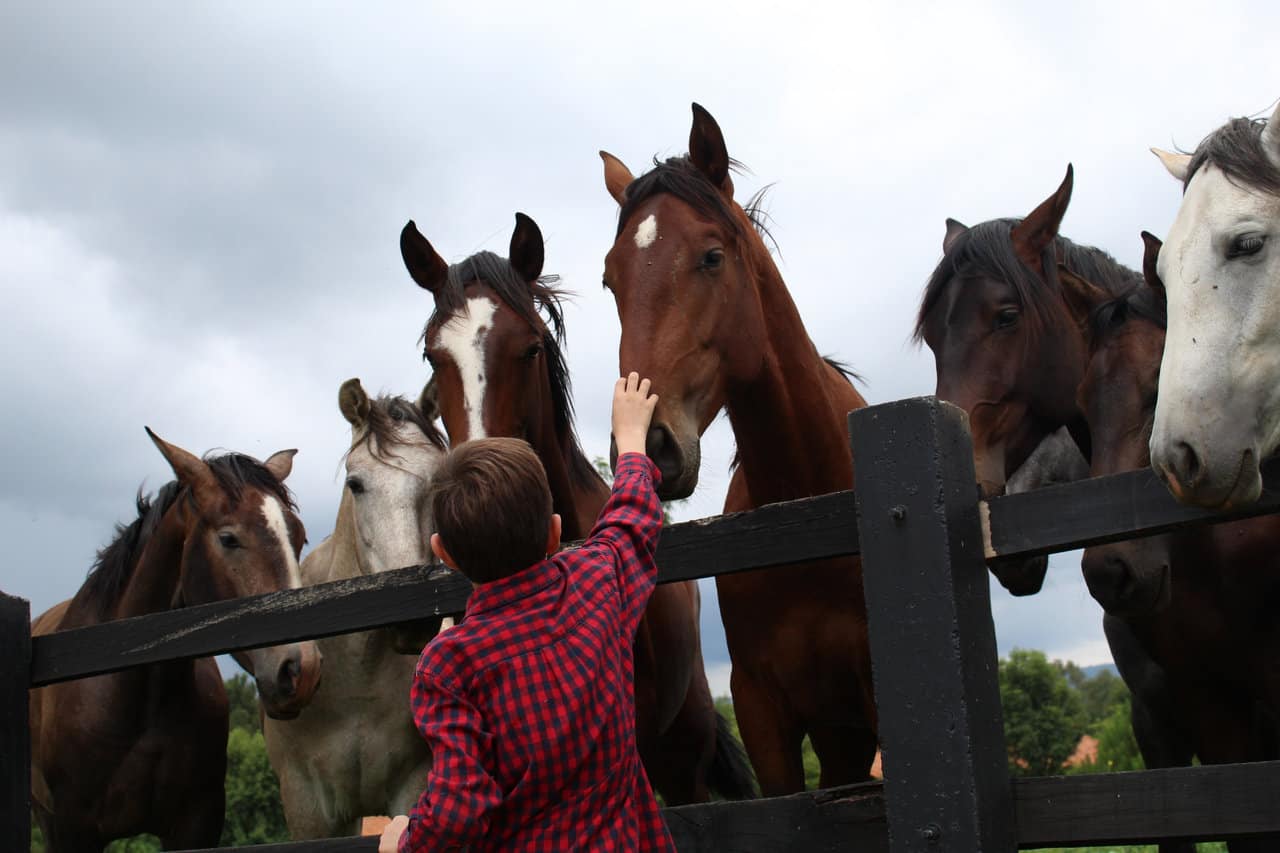
This is one fact we didn’t even consider, but it does make sense since horses are no necessarily known for using their brains.
All jokes aside though, the typical horse brain weighs only around 623g, which yes, makes it half the size of the standard human brain.
14. Foals Wear Fairy Slippers When They’re Born
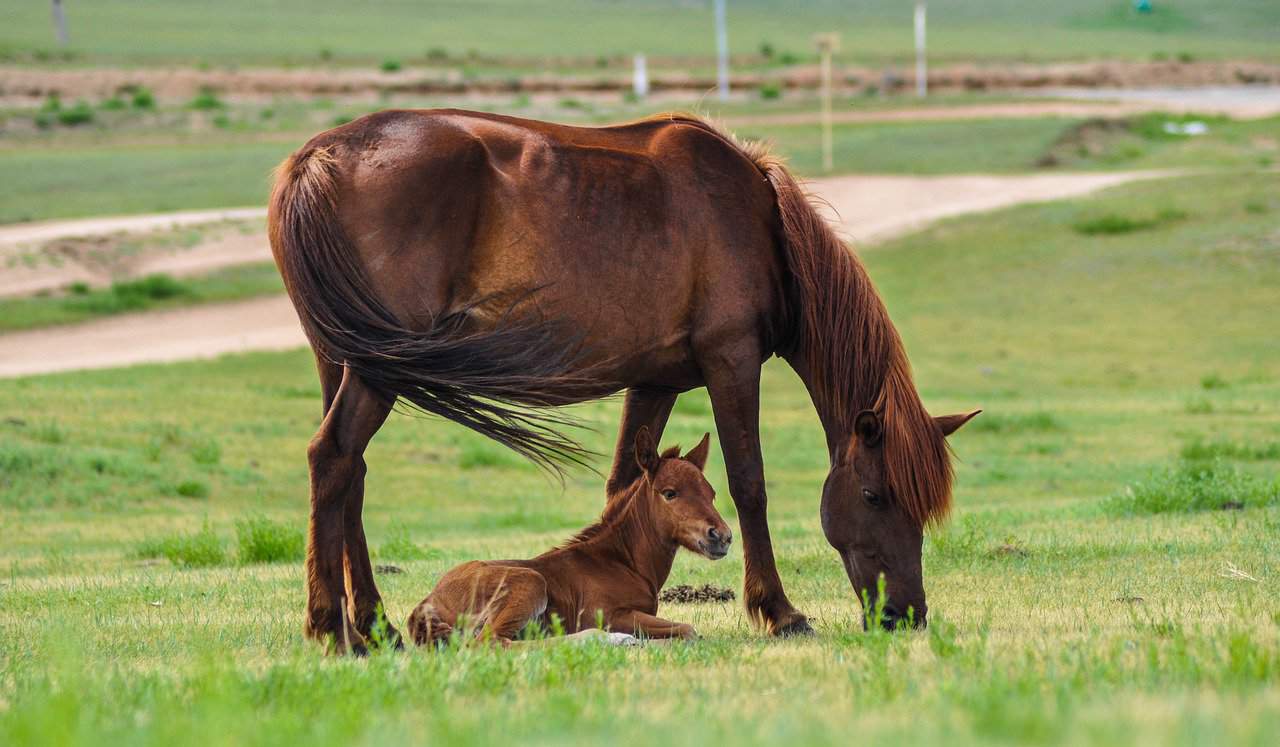
Foals are born with hooves, which aren’t exactly the softest things to be scraping around their mother’s birth canal and uterus.
As such, in order to avoid them scratching and irritating anything, the foals have adapted to be covered in a soft tissue which prevents this.
This tissue is known as the fairy slippers, although it also has different nicknames too such as foal slippers, leaves, gills and eve golden hooves.
13. Horses Have Nearly 360 Degree Vision
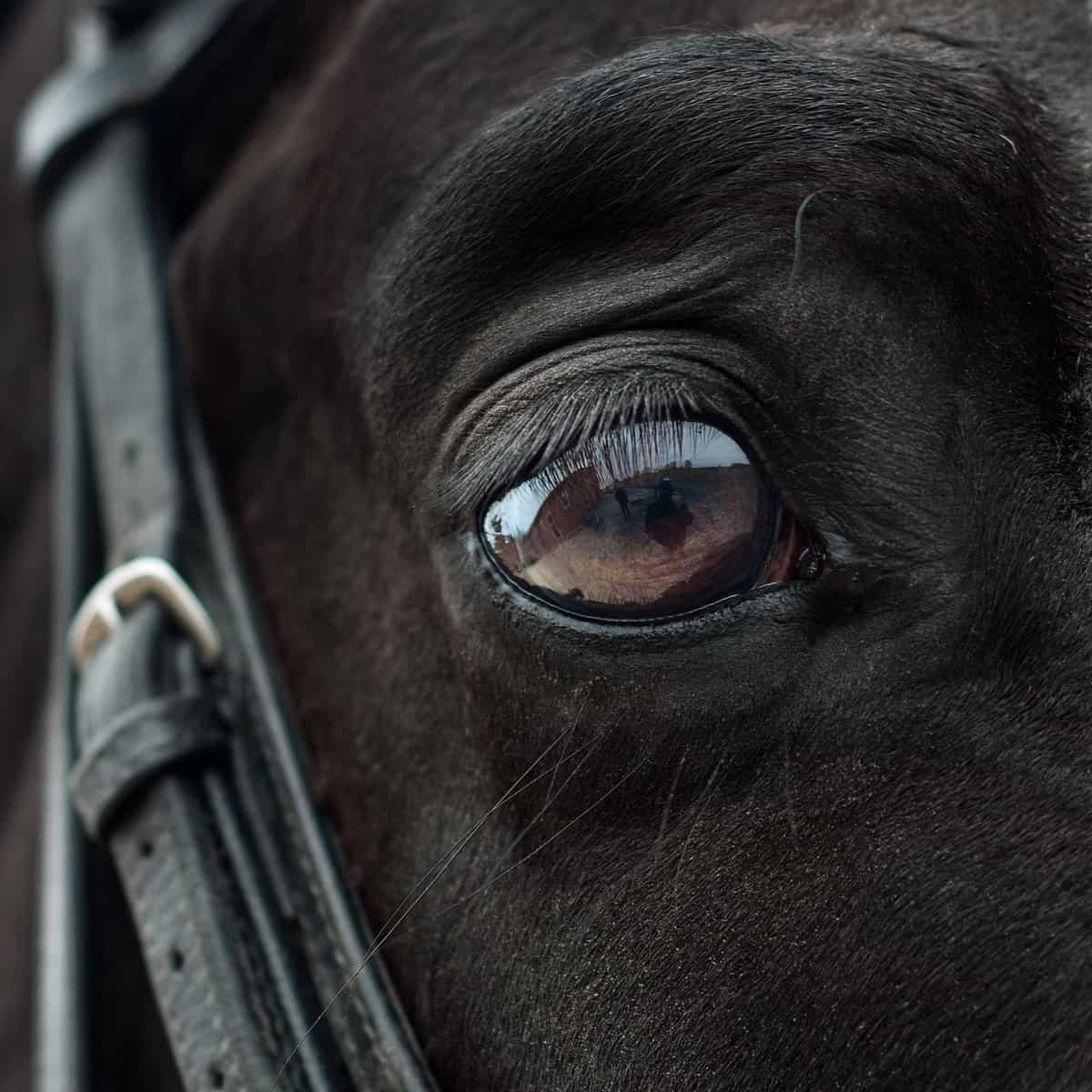
Since their eyes are set on the sides of their head, it’s no wonder that they have way better eyesight than us for example, but what many people don’t realize is the fact that they only really have two blind spots to begin with.
These spots are funny enough set on the front of their nose and right below it, which means that horses can’t actually see what you feed them or even the grass that they’re grazing on.
At the same time, they make up for this lack of senses with their sensitive and mobile lips which can sense whether there is grass in front of them or not.
12. Horses Are Smarter Than You Think
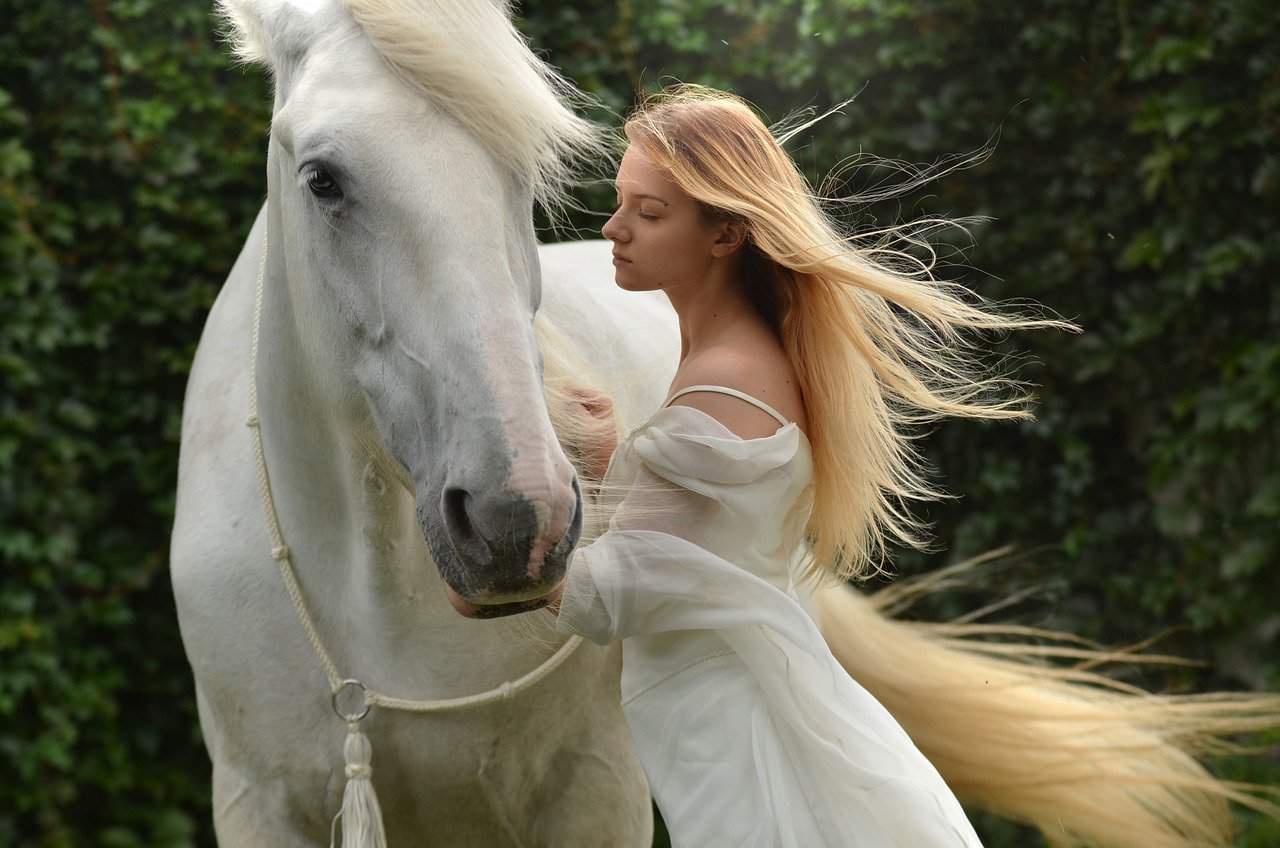
Another interesting fact that many people don’t even think about is the fact that horses are almost as intelligent as dogs are.
In fact, they are also capable of communicating with their owners, although many of us can’t actually understand them back.
So, we highly recommend that you look up the best telltale signs that your horse is trying to communicate with you so you can know what they want from you.
11. The Earliest Horse Lived 55 Million Years Ago
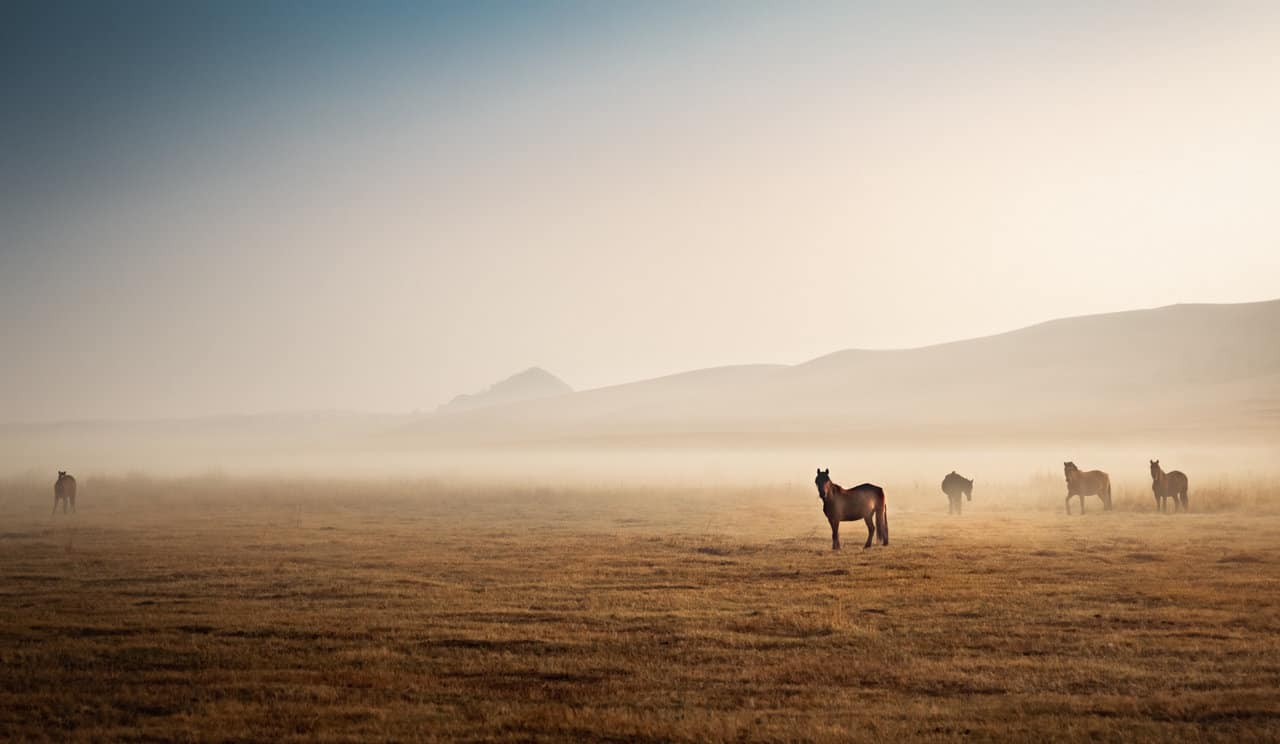
Yes, the earliest horse ancestor is believed to have lived 55 million years ago, but don’t think that it was anything like the horses you see out there today.
In fact, the earliest horses were as small as a Labrador retriever. This is interesting to note since they’ve pretty much retained that form for a very long time, until of course humanity came along.
We then domesticated them and bred them into the giant helpers that they are today, although at first, they were bred specifically to be a source of food.
10. In Wilbur, Washington, it is Illegal to Ride an Ugly Horse
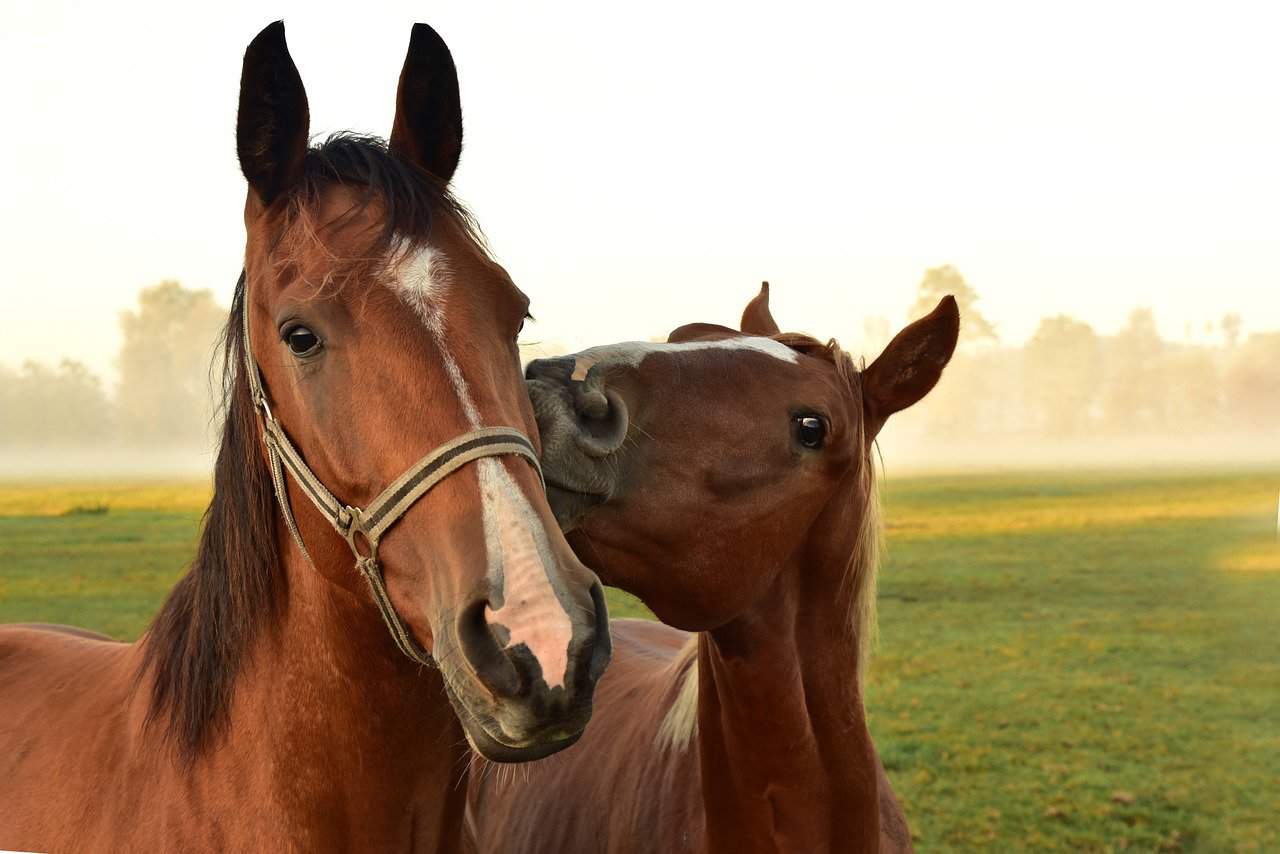
This is just another one of those laws that pretty much nobody understands or knows where it came from, although we definitely had a good laugh upon hearing about it.
Another funny law that was passed around comes from Marshalltown, Iowa, where horses are not allowed to eat fire hydrants.
If you do end up riding an ugly horse in Wilbur, Washington though you can end up being fined for $300, which is anything but funny to say the least.
9. The Oldest Horse in the World Was 62 Years Old
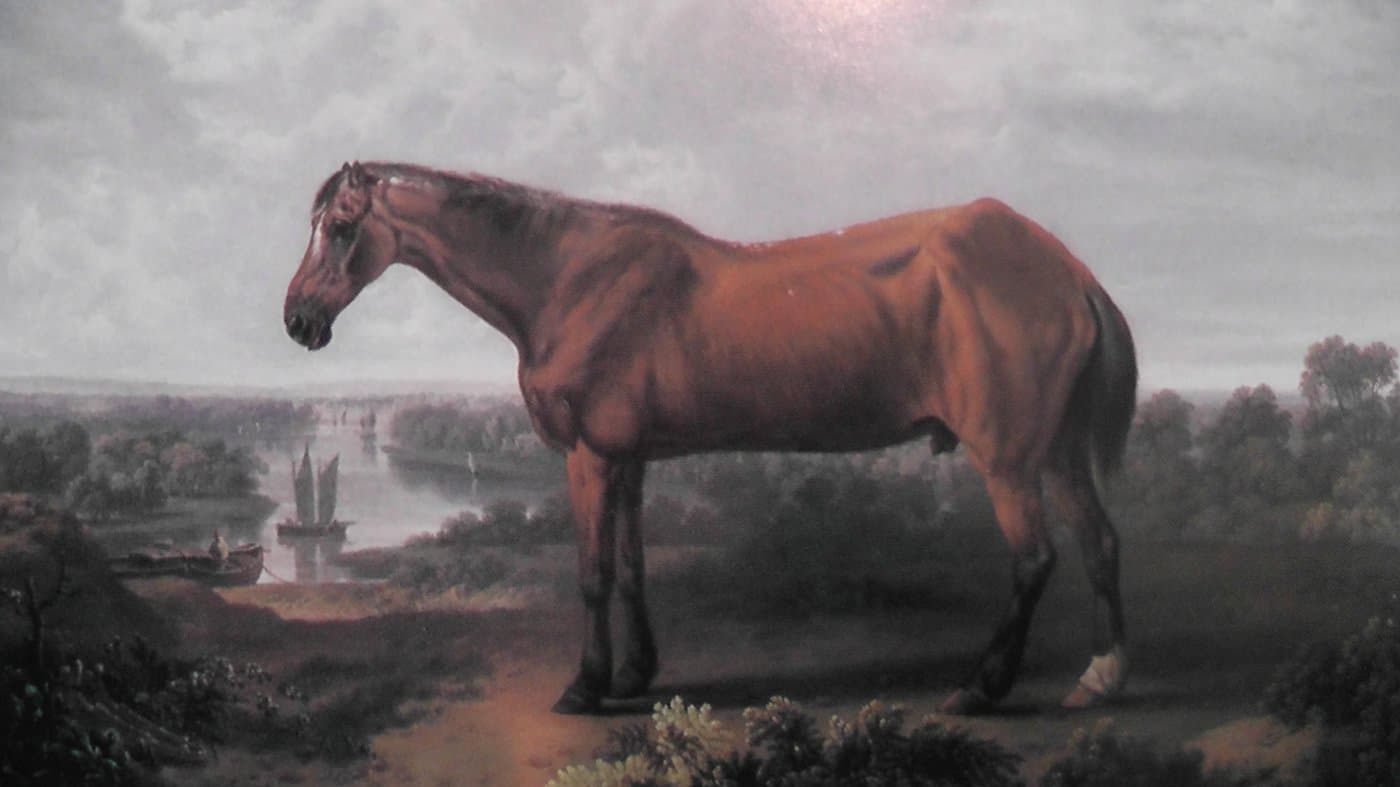
Old Billy is currently known as the world’s oldest horse. He was born in 1760 and he lived all the way up to 1822, where he died of old age.
He was a Shire-type of a horse with a brown coat and a white blaze, although the exact breed of the horse is still relatively unknown because it was so long ago.
The horse lived in Woolston, Lancashire, England, and it was very famous at the time due to it outliving any other horse around.
8. The Fastest Horse Sprint Speed is 55MPH/88.5KPH
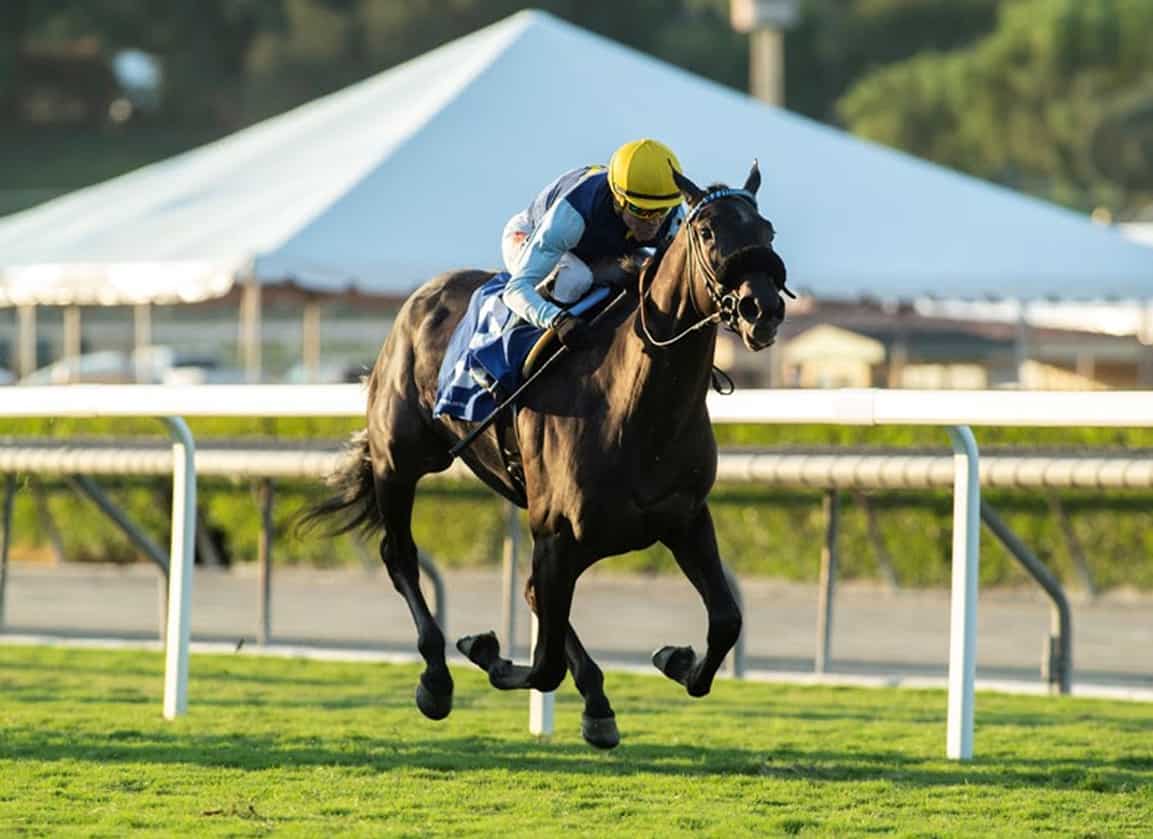
This speed was achieved by a racing Quarter Horse known as A Long Goodbye. He managed to reach this speed back in 2005 on a quarter-mile distance.
It took the horse exactly 20.686 seconds for it to get to its destination, although interestingly enough, despite being the fastest sprinter around, Thoroughbreds can easily outrun them on longer distances.
For example, the standard Thoroughbred racehorse can maintain the speed of 40 to 44mph or 64 to 70 km/h on a relatively short distance, although most other horses can only get to about 20 to 30 mph or 32 to 48.5 km/h.
Ever wondered how much horsepower does a horse have?
7. Wild Horses No Longer Exist
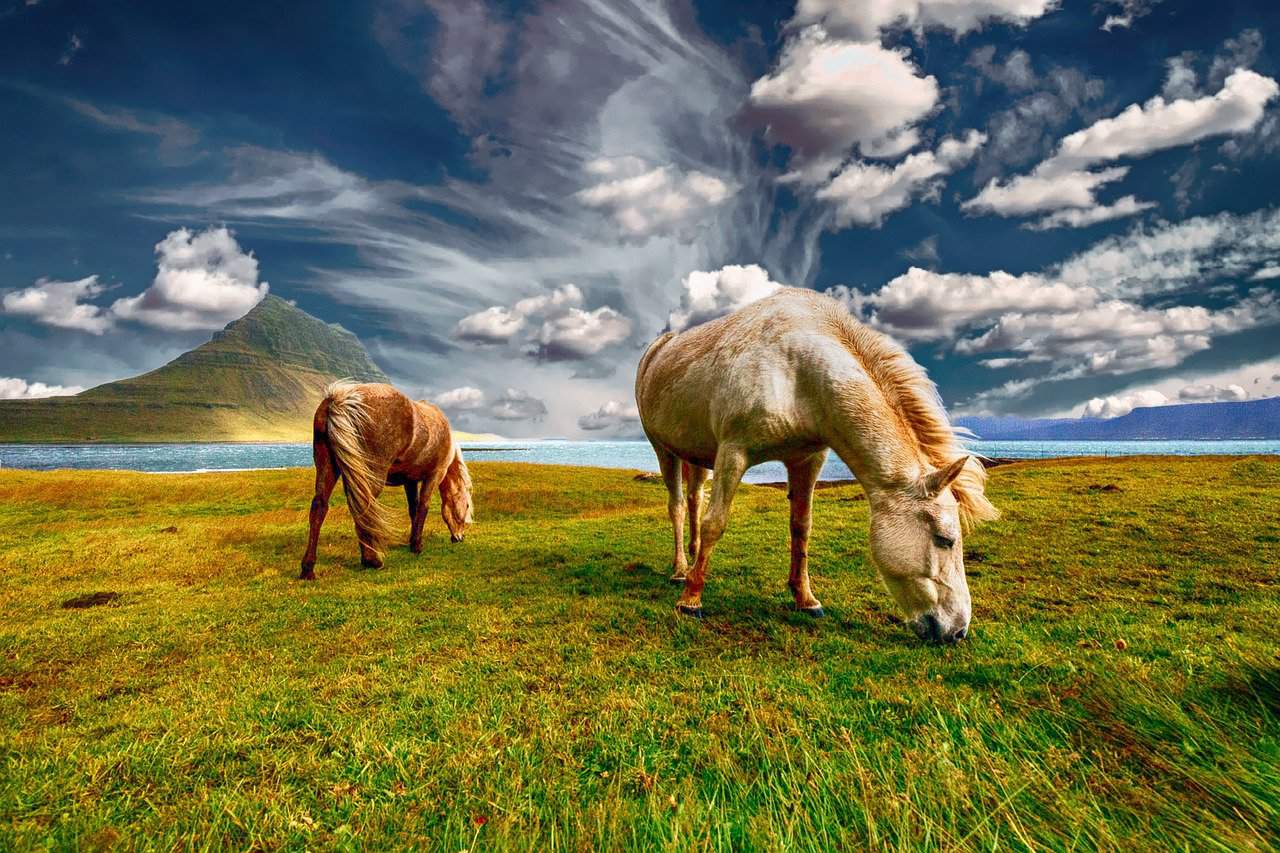
While you can still find horses in the wild, these are not actual wild horses to begin with. This is because certain breeds such as the American Mustangs or the Australian Brumbies are just descendants of domesticated horses that ran into the wild and became feral.
It was believed that the Przewalski’s horse was the only true wild horse around, but sadly this was debunked back in 2018, when a team of experts cross examined the DNA of the Przewalski’s horse with the horses domesticated by the Botai culture around 6,000 or so years ago.
6. The Most Expensive Horse Was Sold For $70m
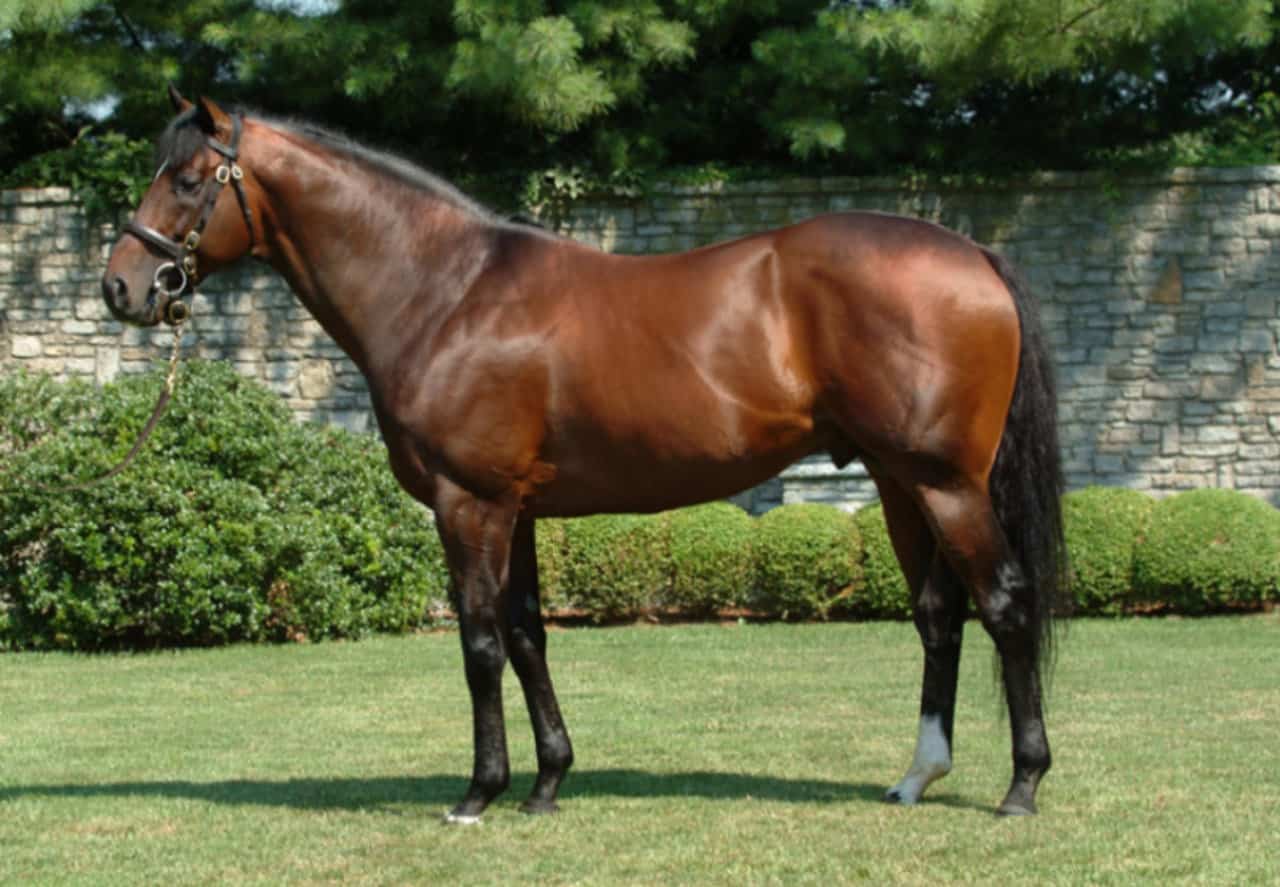
This blockbuster acquisition took place in the year 2000, when a Thoroughbred racehorse known as Fusaichi Pegasus was sold off for $70 million.
The reason behind this astronomical price was the fact that the horse had won a lot of races in the past, and while it was definitely a bit of an overpayment, the horse did end up siring three Grade 1 stakes winners, and he even ended up grandsiring the Belmont Stakes winner Ruler on Ice.
Fusaichi Pegasus is still with us to this day, and he can be found in Kentucky, where he’s still the talk of the town for being the most expensive horse of all time.
5. Horses are Close Relatives to Rhinos
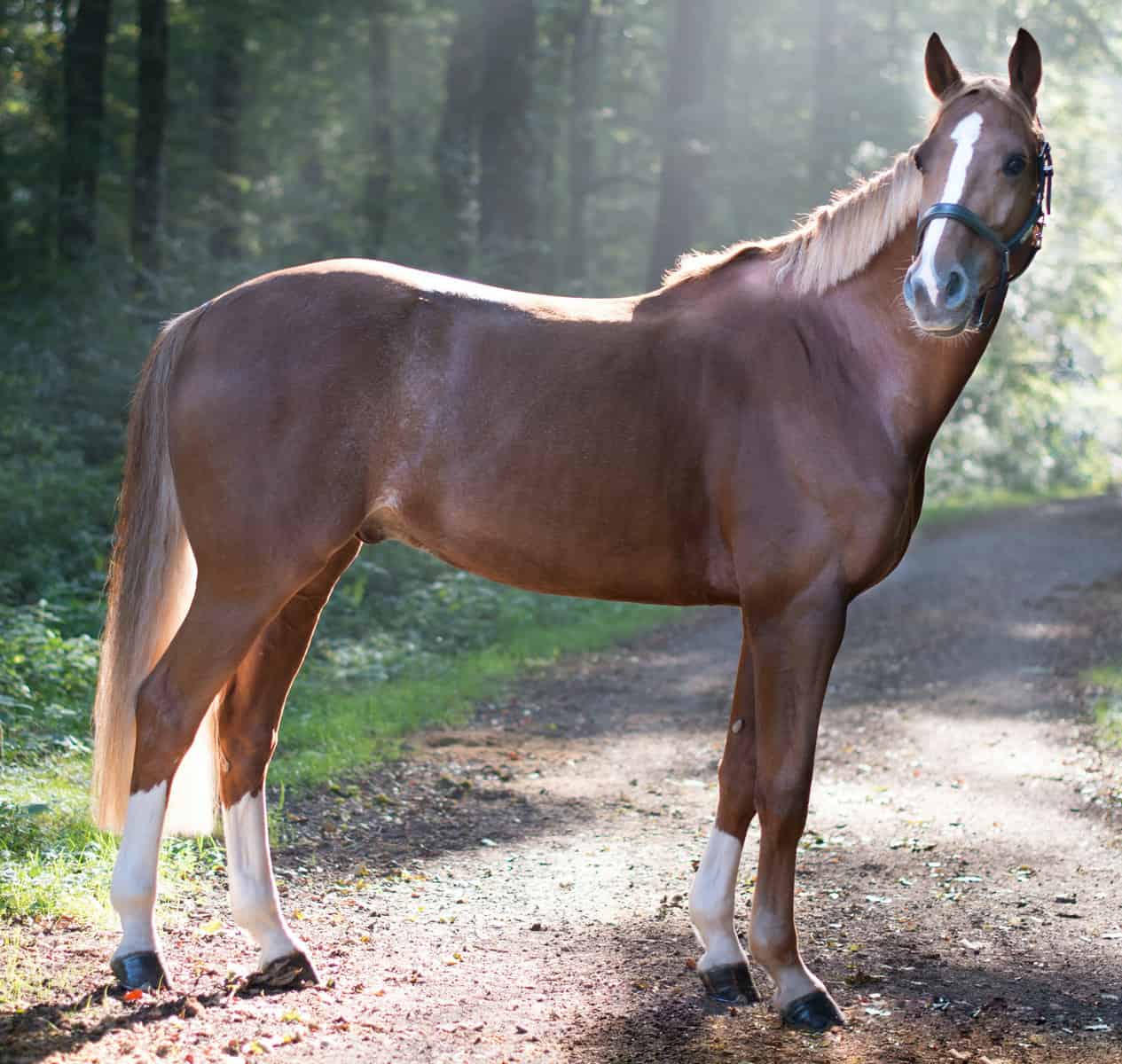
While they definitely don’t look like it, horses and rhinos are still considered to be close relatives to one another due to them having an odd number of toes.
As such, horses are also considered to be close relatives to donkeys and zebras, although these two do have different numbers of chromosomes. Interestingly enough though, horses, donkeys and zebras can reproduce with one another, although their offspring is almost always sterile.
4. The Sorraia is the Rarest Horse Breed
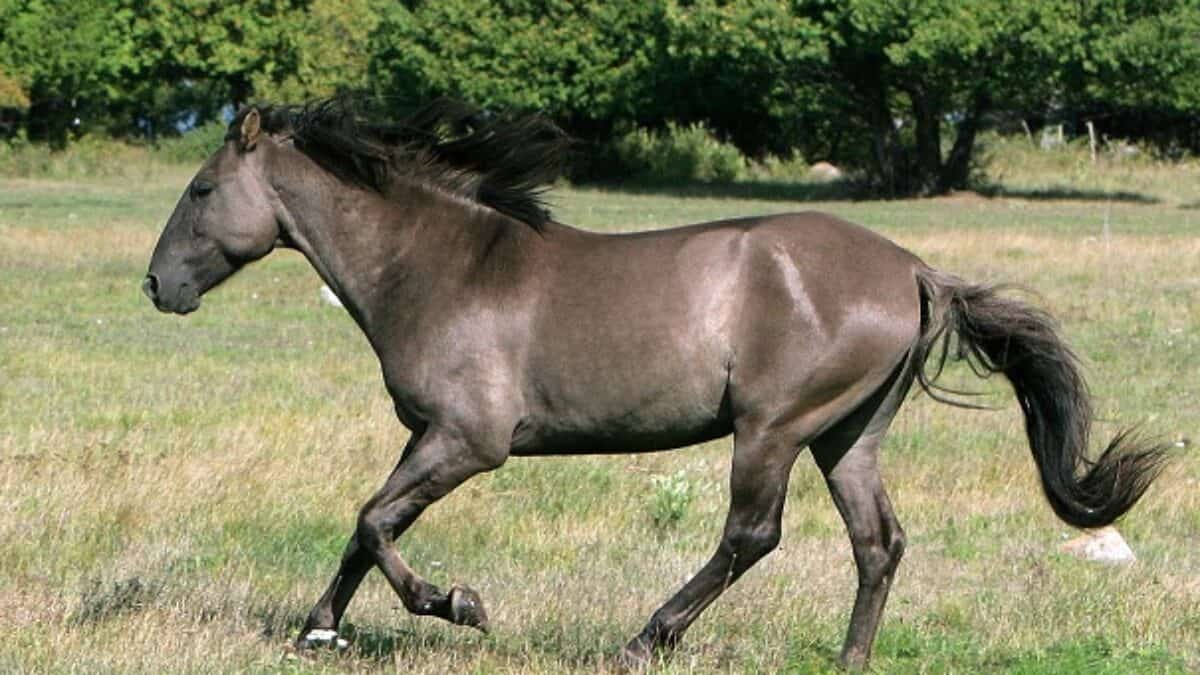
This horse breed originates from Portugal, and the main reason as to why there are so few of them around is the fact that they are considered to be feral ponies which makes most horse owners wary of them.
They almost went extinct in the early 20th century, although experts have tried their hardest to recover this endangered horse breed, even going as far as to keep all 200 of the specimens under close surveillance at all times.
The Sorraia are very proficient at herding bulls and they can be used in dressage or as light harness horses, although they can also be a lot more prone to violent outbursts which is never a good selling point to say the least.
3. Horses Can Grow Mustaches
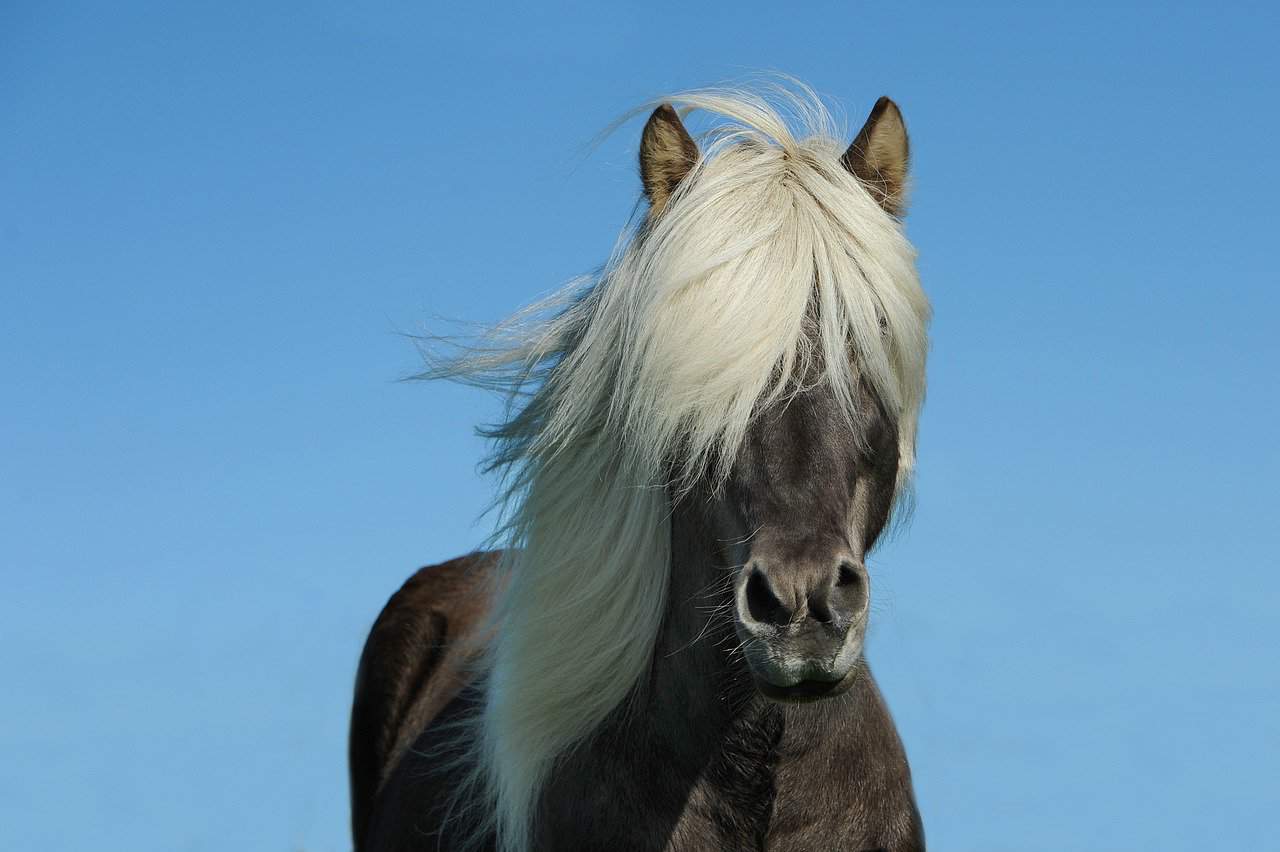
We mentioned previously how horses can’t see right in front of their noses or below them, which is why some horse breeds have specifically evolved to grow a mustache in order to better scan out their food.
This moustache can usually be found in the Gypsy Vanner horse breed, although other horse breeds can also have it as long as they carry out this gene.
2. Twin Horses Are Extremely Rare
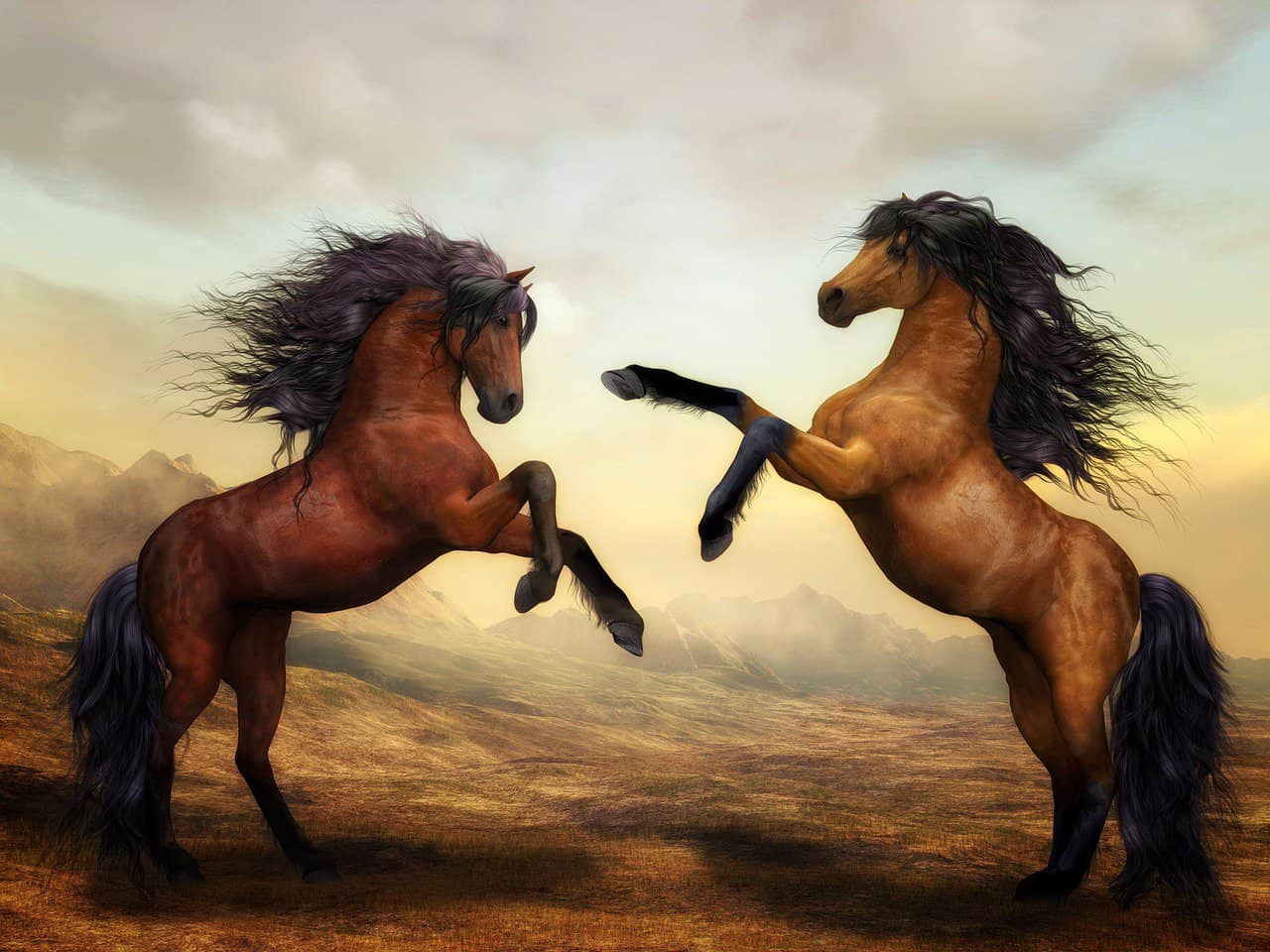
Most other mammals can have two fetuses at the same time, but not horses. Twin pregnancy is rarely if ever efficient, to the point where the vet will often times eliminate one of the two foals for the sake of giving the other one a chance to live.
There have been a few cases of twin foals successfully being born, although for the most part, horses can’t actually nourish more than one fetus at a time.
The most famous case of twin foals being born was the Arabian twin colts Majus ZF and Majjcian ZF case. Both of them were developed inside a single placenta.
1. Horses Have Been Successfully Cloned Before
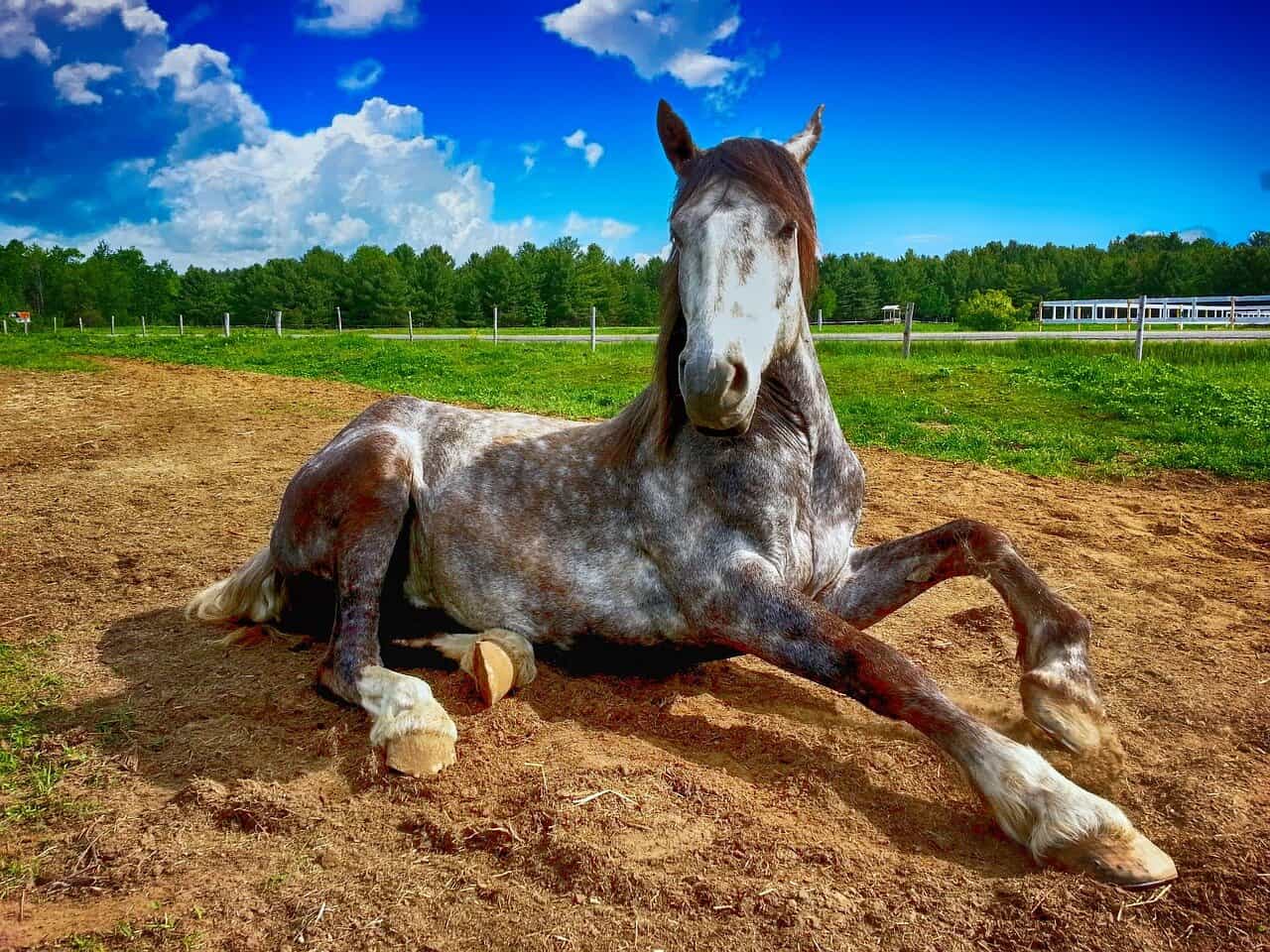
Back in 2003, a Haflinger filly known as Prometea was born to a genetically identical mother back in Italy.
While there are definitely a lot of people that are against the process of genetically cloning animals, it is still interesting to see as experts believe that this could lead to us successfully breeding stallions in the near future.
There haven’t been any new cases of cloning horses since though because of how much public uproar there was around the case.
Conclusion
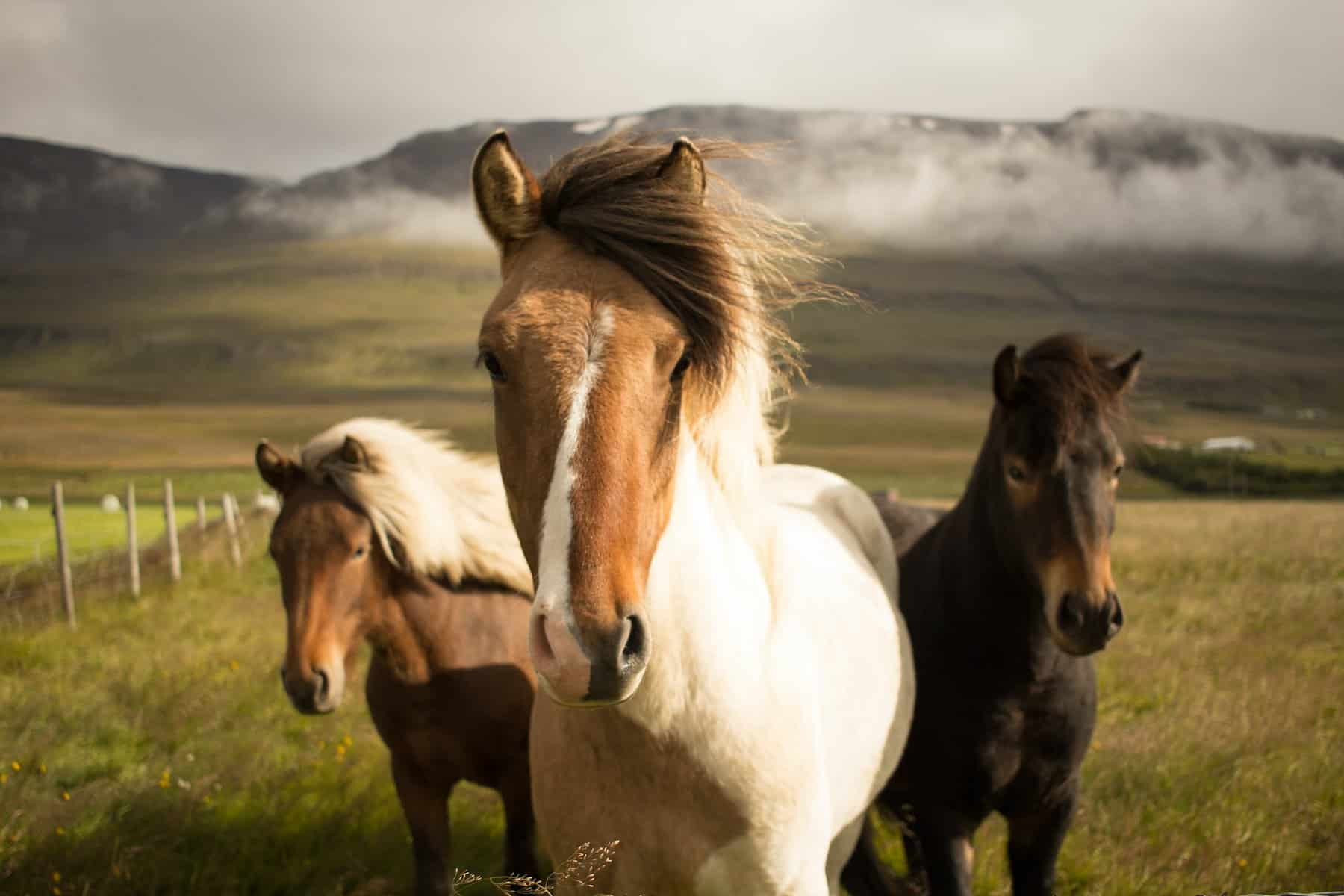
Horses are beautiful, smart and loyal creatures that have been with us for a very long time now. They’ve helped us through thick and thin, and that’s a fact.
It’s not that hard to believe that without them, humanity as we know it wouldn’t have progressed anywhere near as fast as it did.
As such, we would like to commemorate every horse that has helped us so far. They’ve been our partners, our help and most importantly, our friends.
So, remember to pet your horse today and play around with them, they really deserve it and that’s a fact.
Contents
- 25. Horses Sleep Standing Up
- 24. Equine Have the Largest Eyes Amongst Land Mammals
- 23. Males Have 40 Teeth While Females Have 36
- 22. Horses Can’t Breathe Through Their Mouths
- 21. Horses Are Incapable of Vomiting or Burping
- 20. Horses Have Lightning-Fast Reflexes
- 19. Horses are Herd Animals
- 18. Horses Produce 10 Gallons of Saliva Every Day
- 17. Horses Were Domesticated More Than 3,000 Years Ago
- 16. The Tallest Horse Was 7 Feet and 2 Inches Tall
- 15. A Horse’s Brain Weighs Half of a Human’s
- 14. Foals Wear Fairy Slippers When They’re Born
- 13. Horses Have Nearly 360 Degree Vision
- 12. Horses Are Smarter Than You Think
- 11. The Earliest Horse Lived 55 Million Years Ago
- 10. In Wilbur, Washington, it is Illegal to Ride an Ugly Horse
- 9. The Oldest Horse in the World Was 62 Years Old
- 8. The Fastest Horse Sprint Speed is 55MPH/88.5KPH
- 7. Wild Horses No Longer Exist
- 6. The Most Expensive Horse Was Sold For $70m
- 5. Horses are Close Relatives to Rhinos
- 4. The Sorraia is the Rarest Horse Breed
- 3. Horses Can Grow Mustaches
- 2. Twin Horses Are Extremely Rare
- 1. Horses Have Been Successfully Cloned Before

